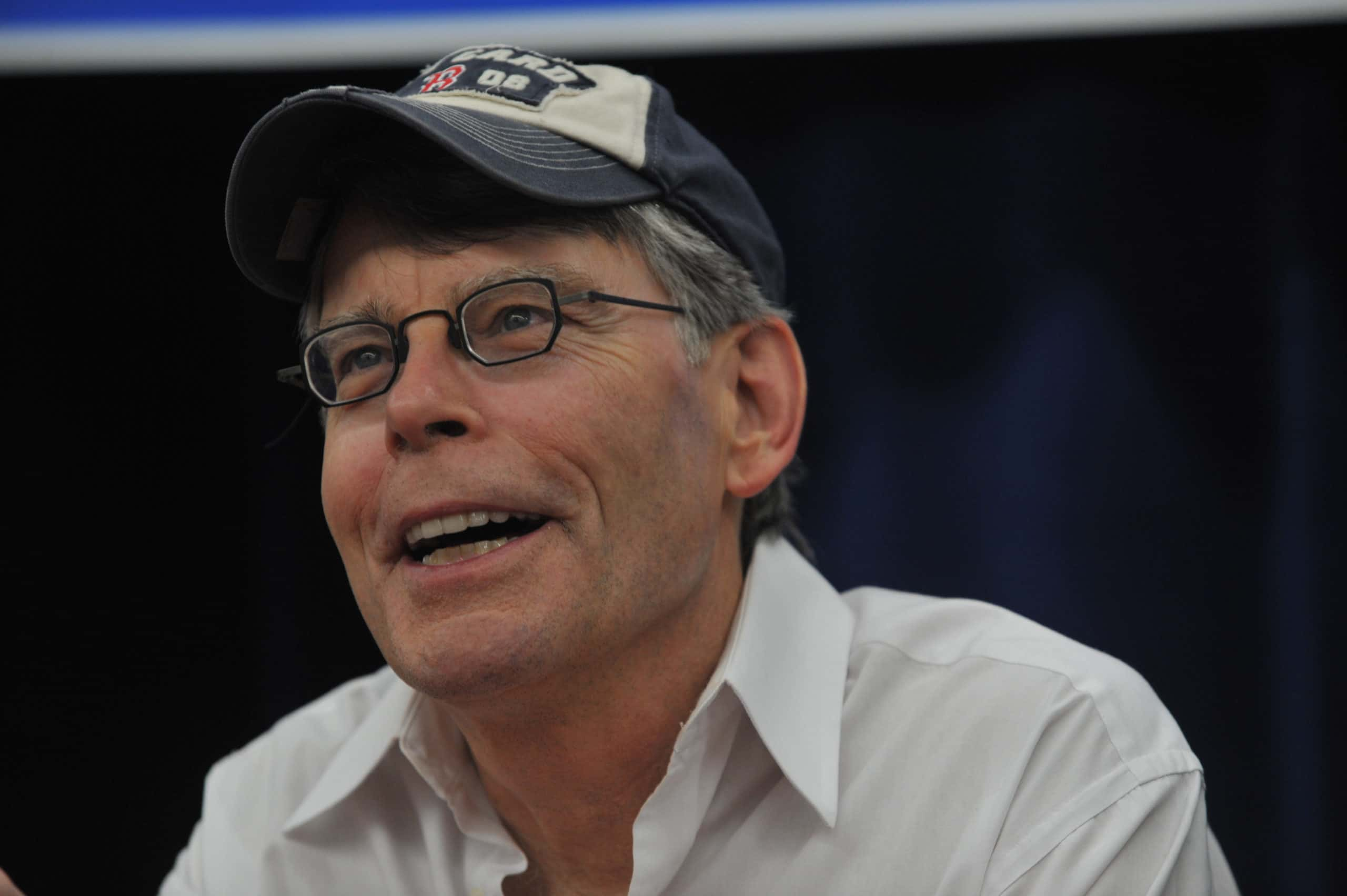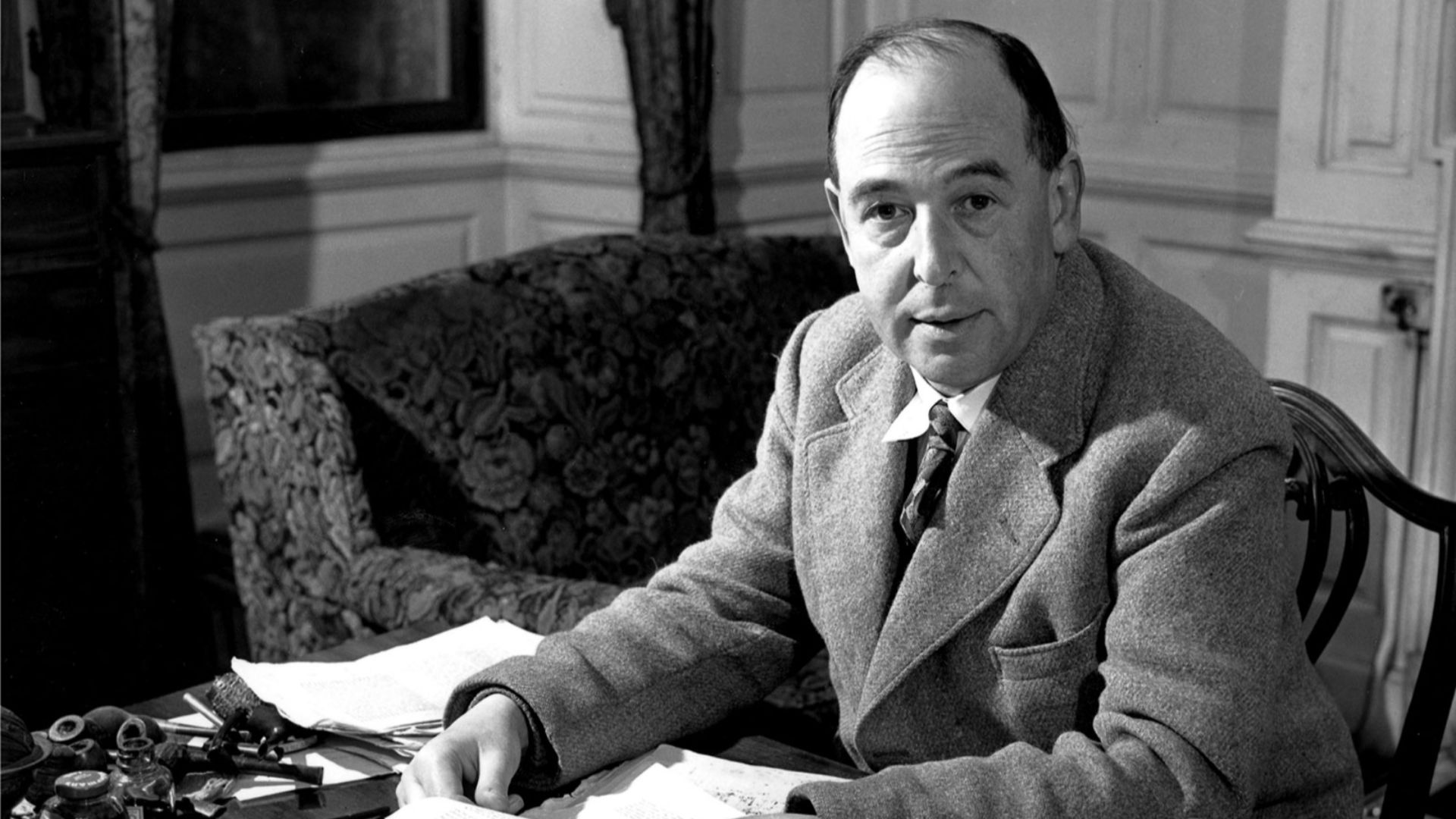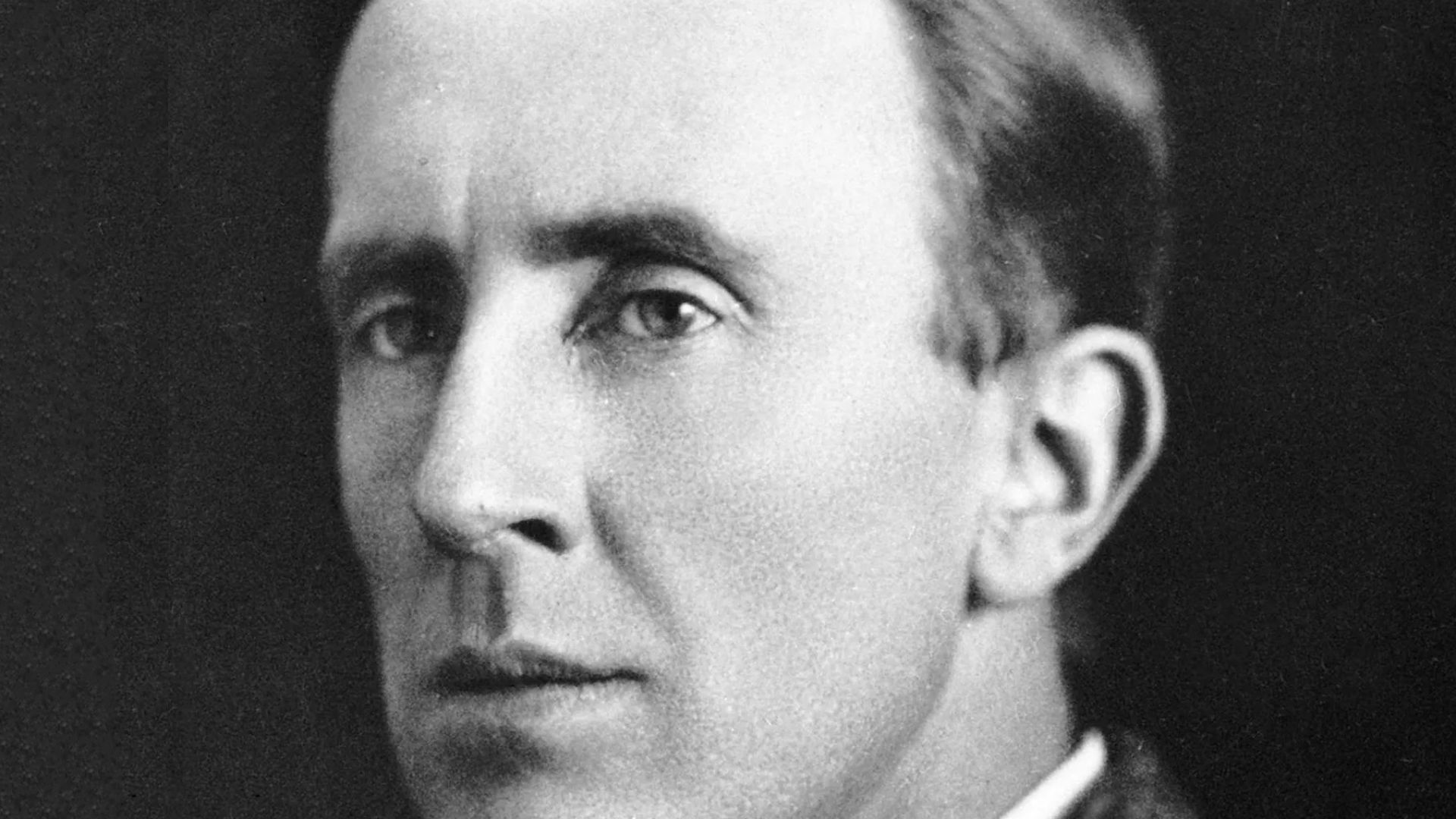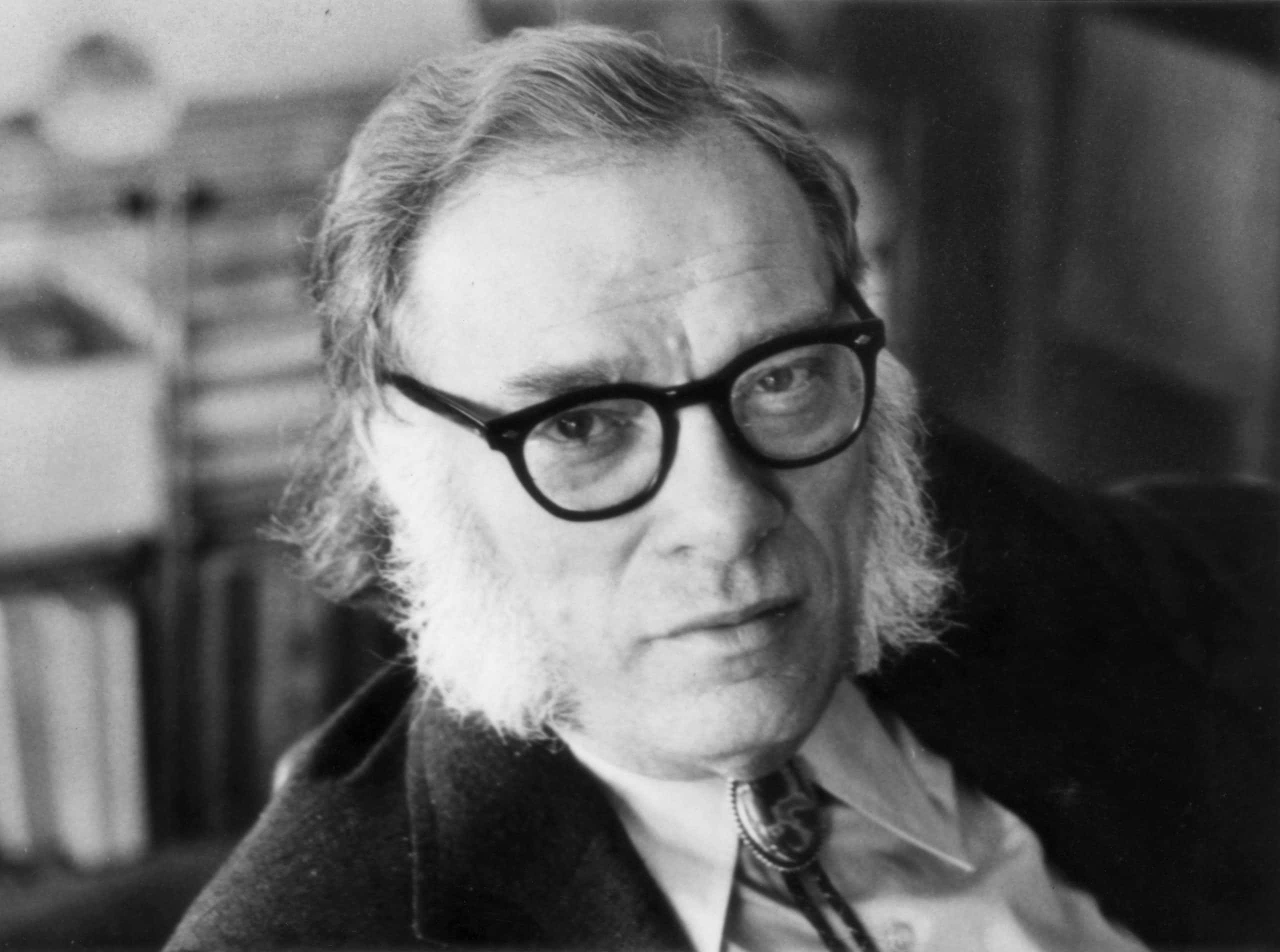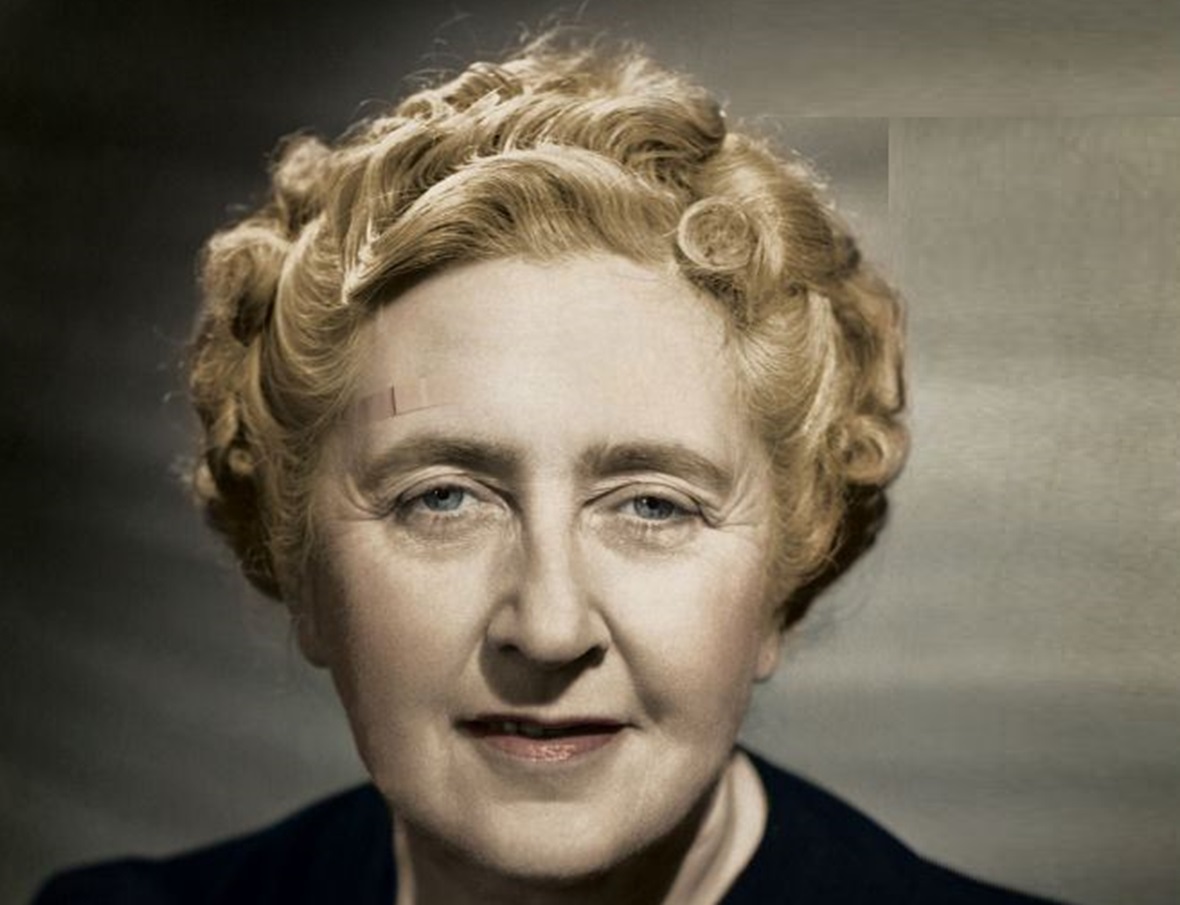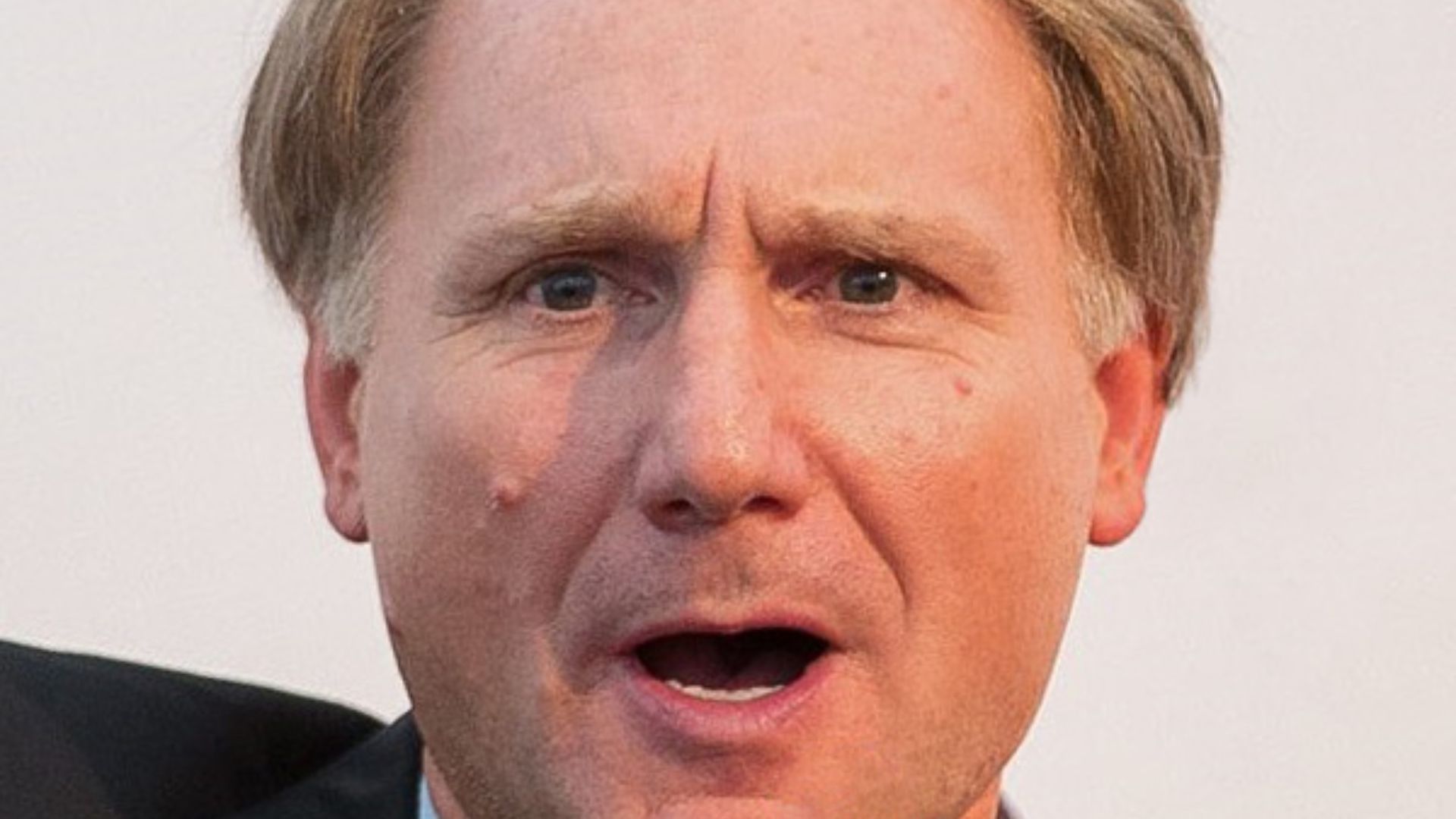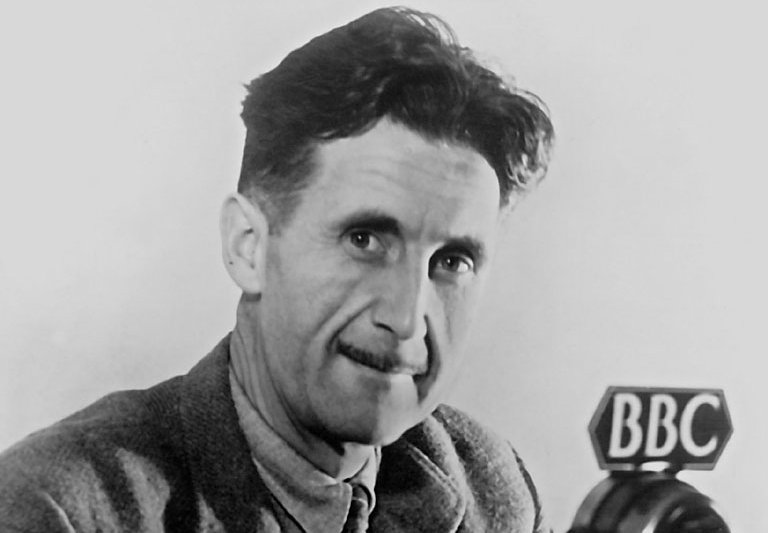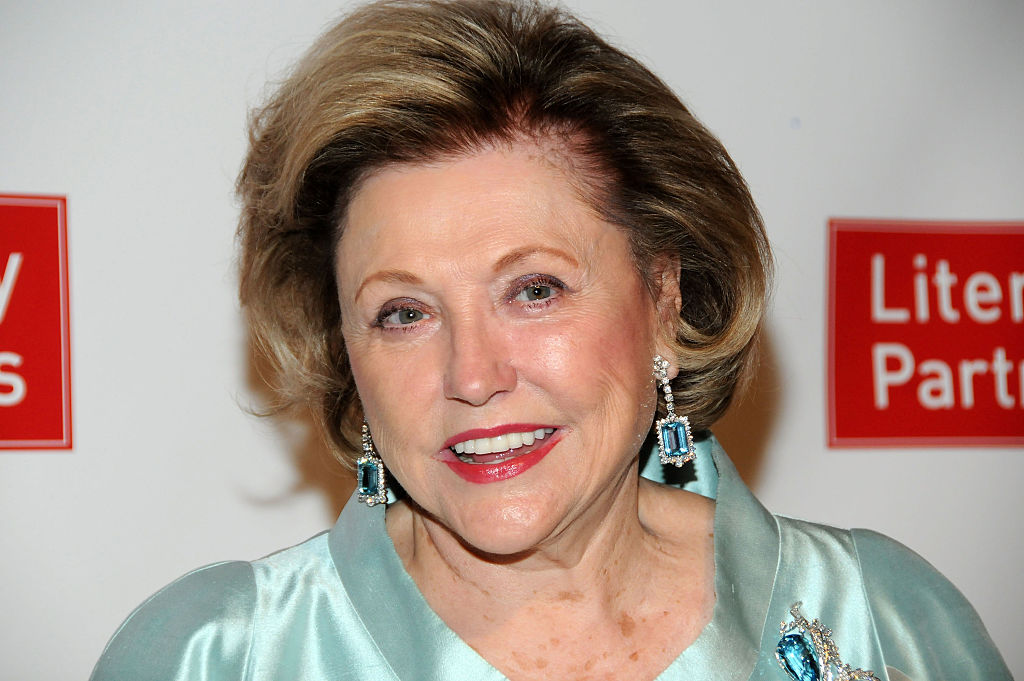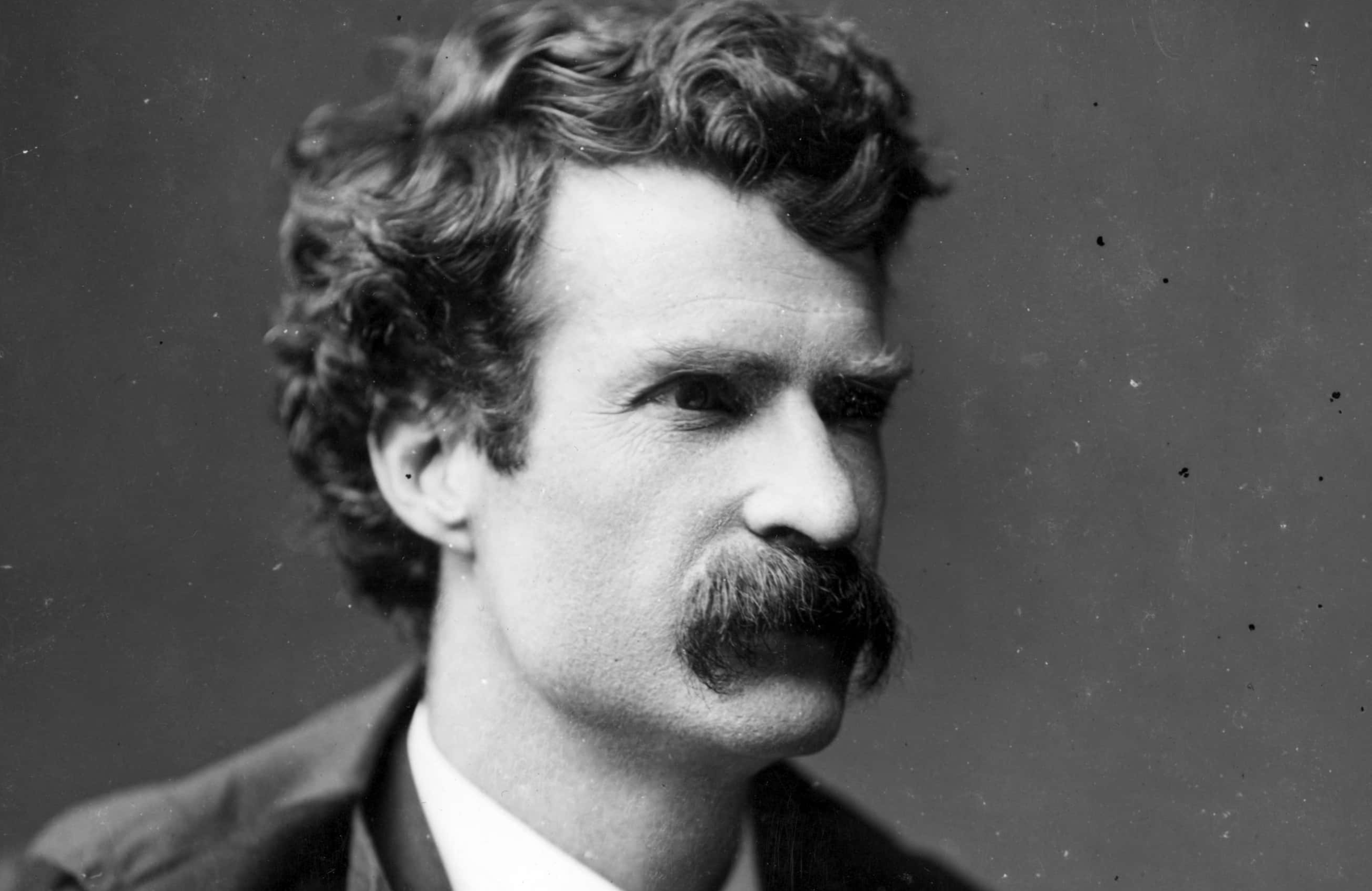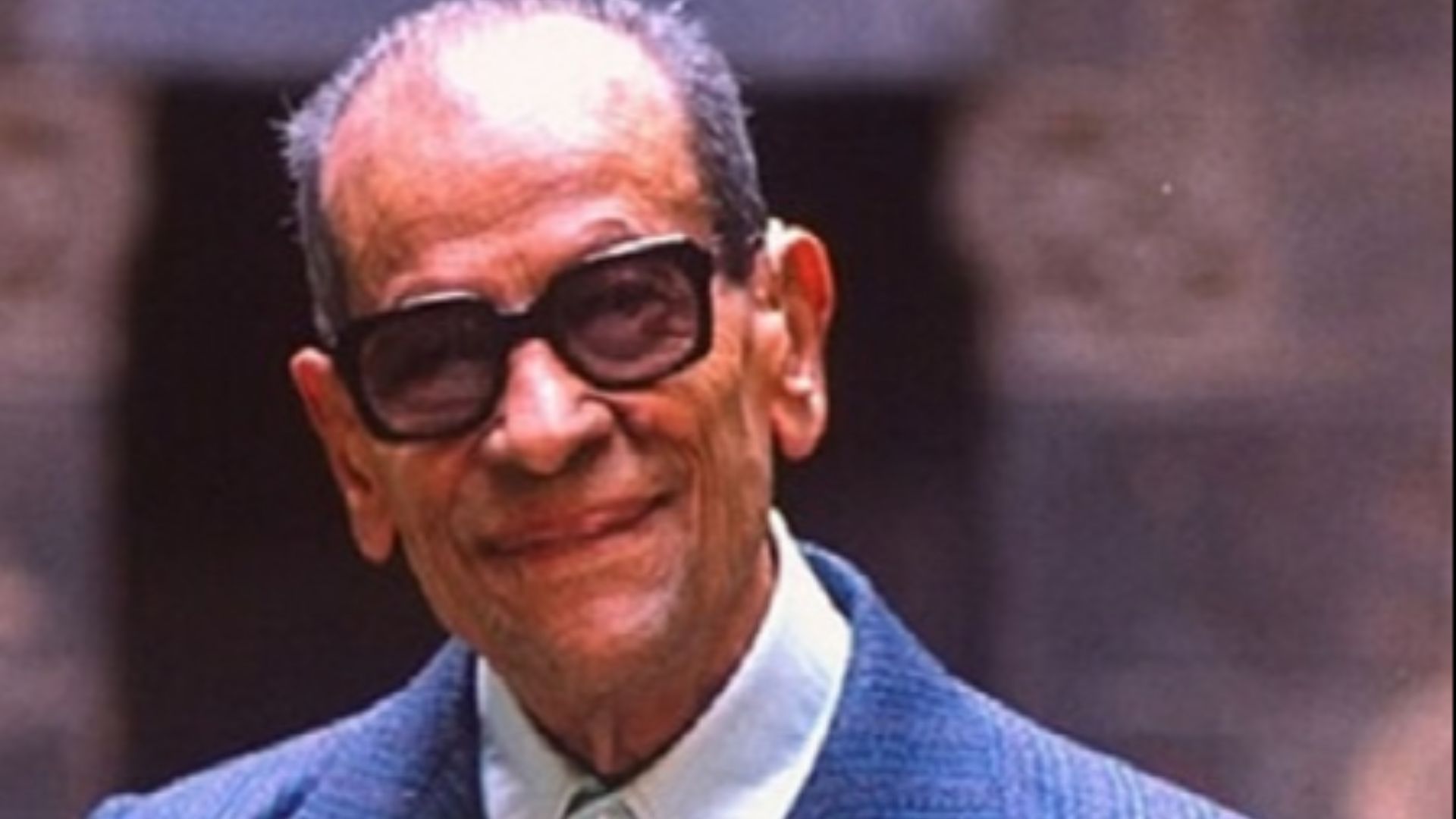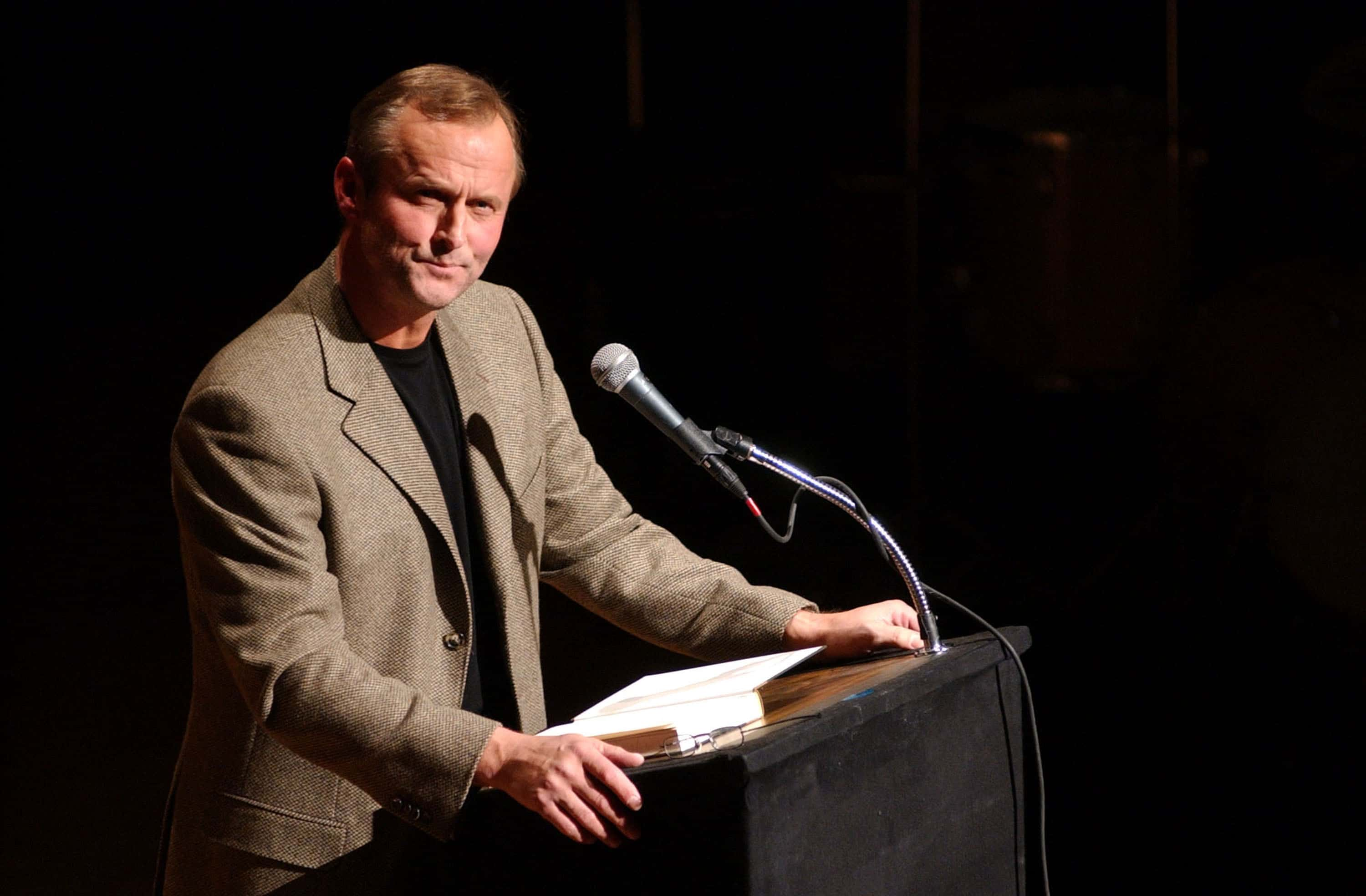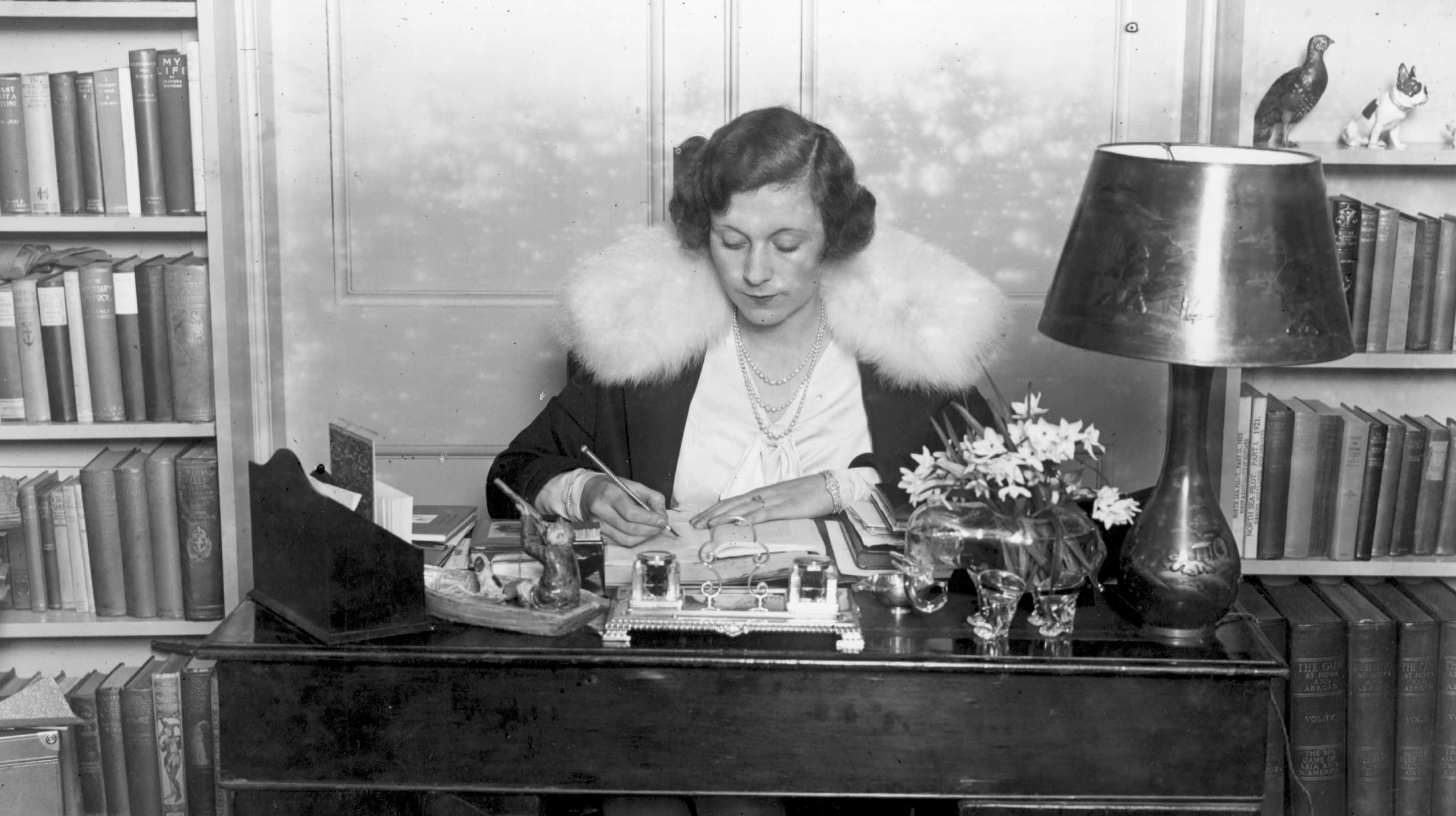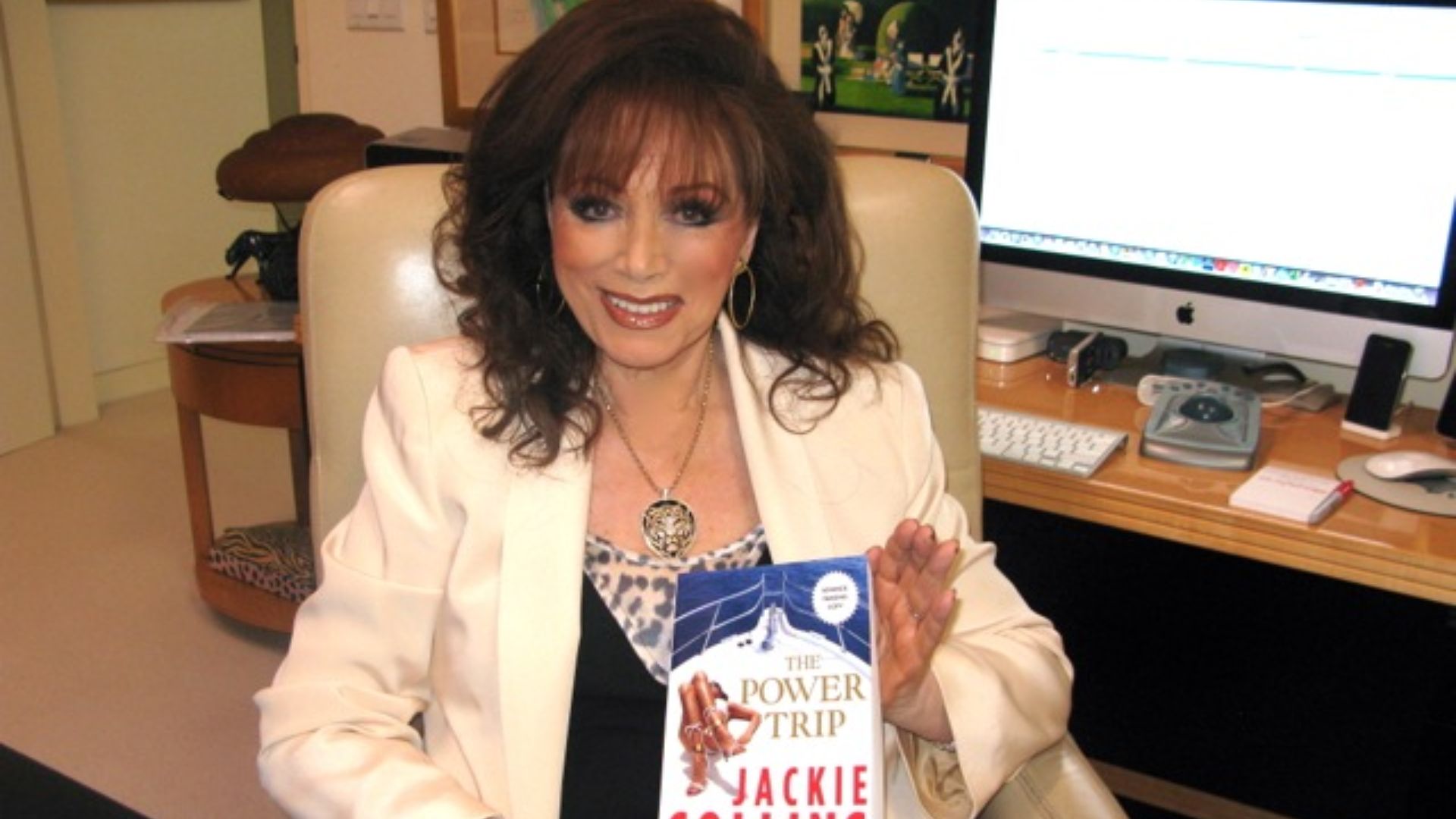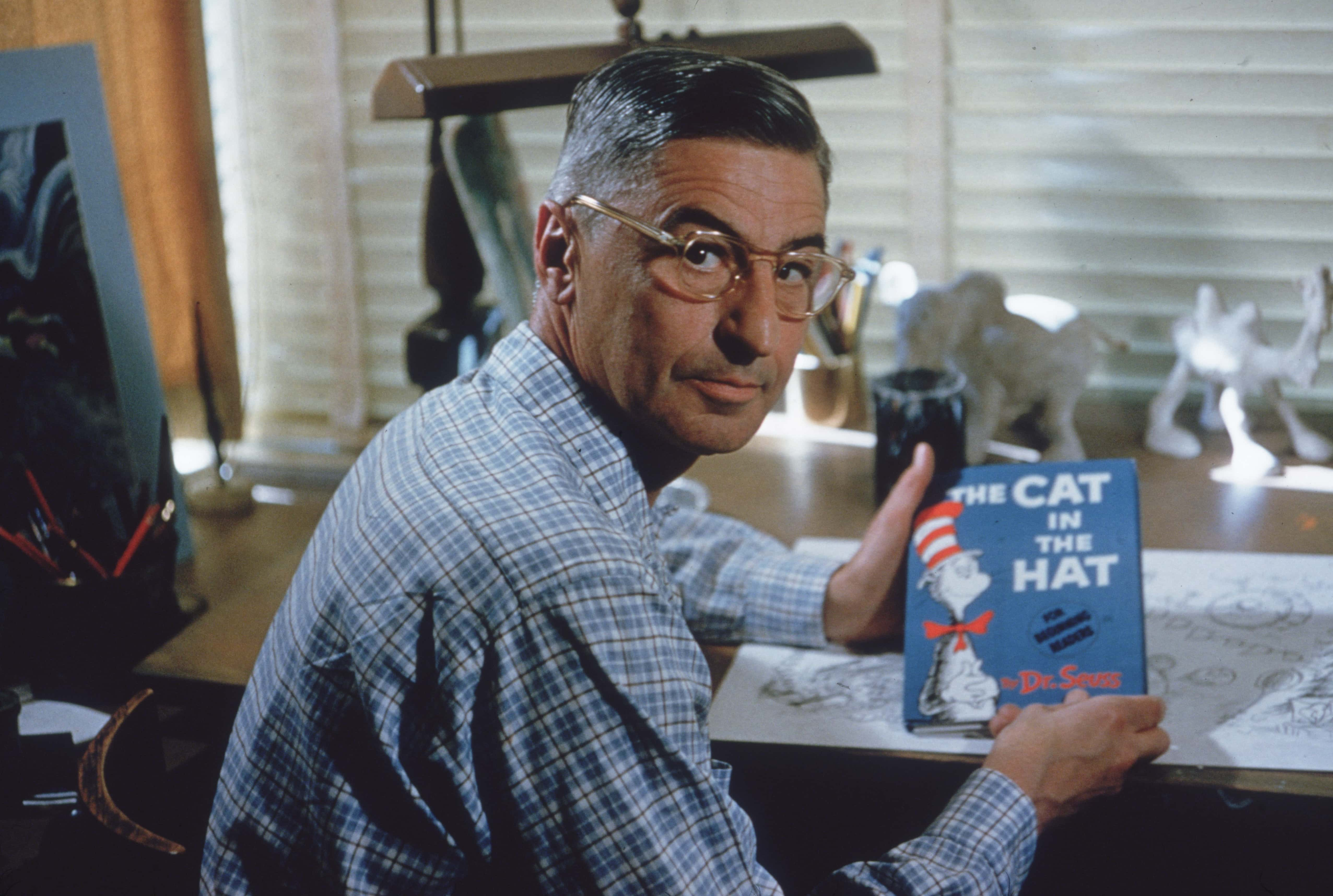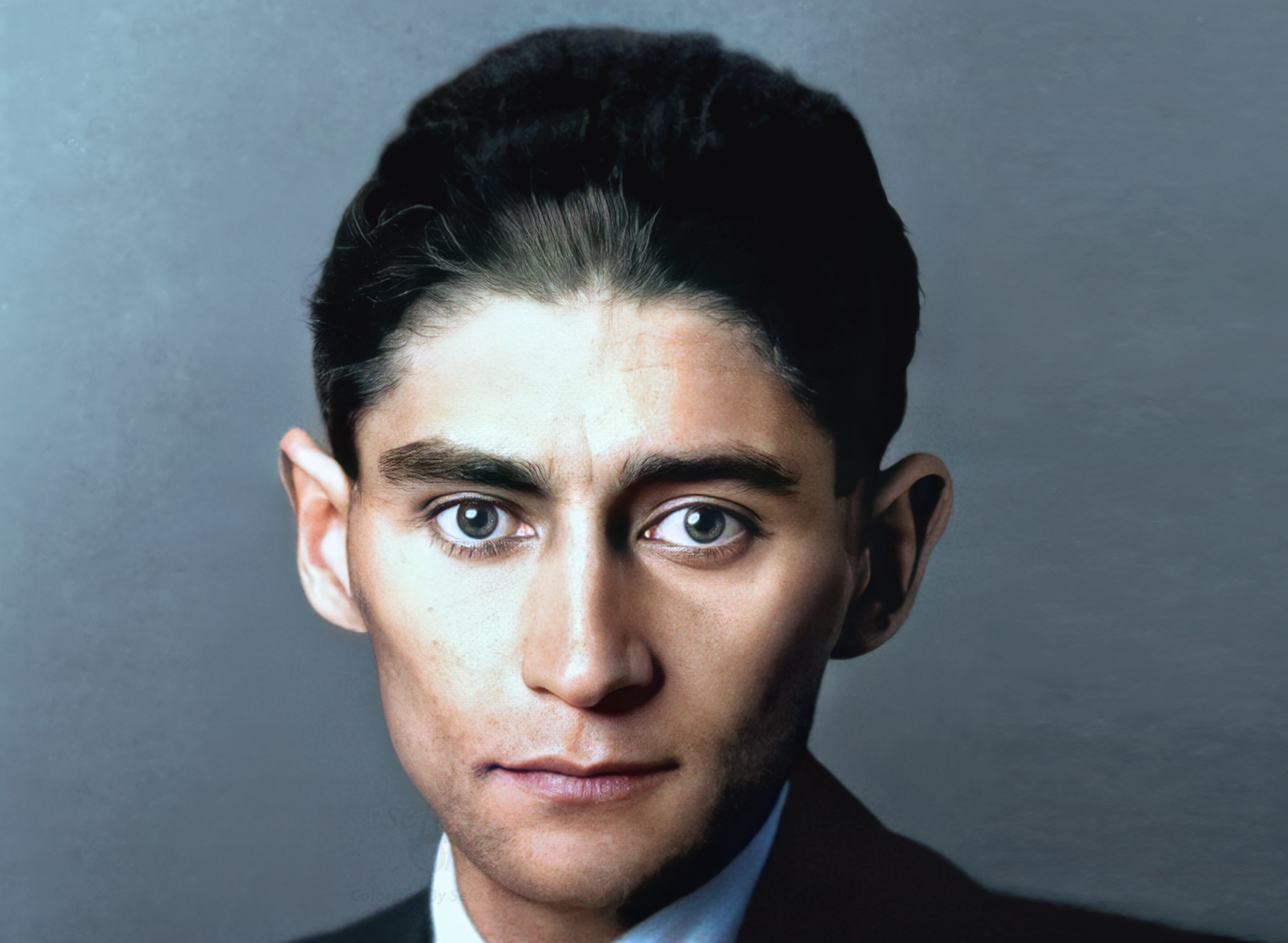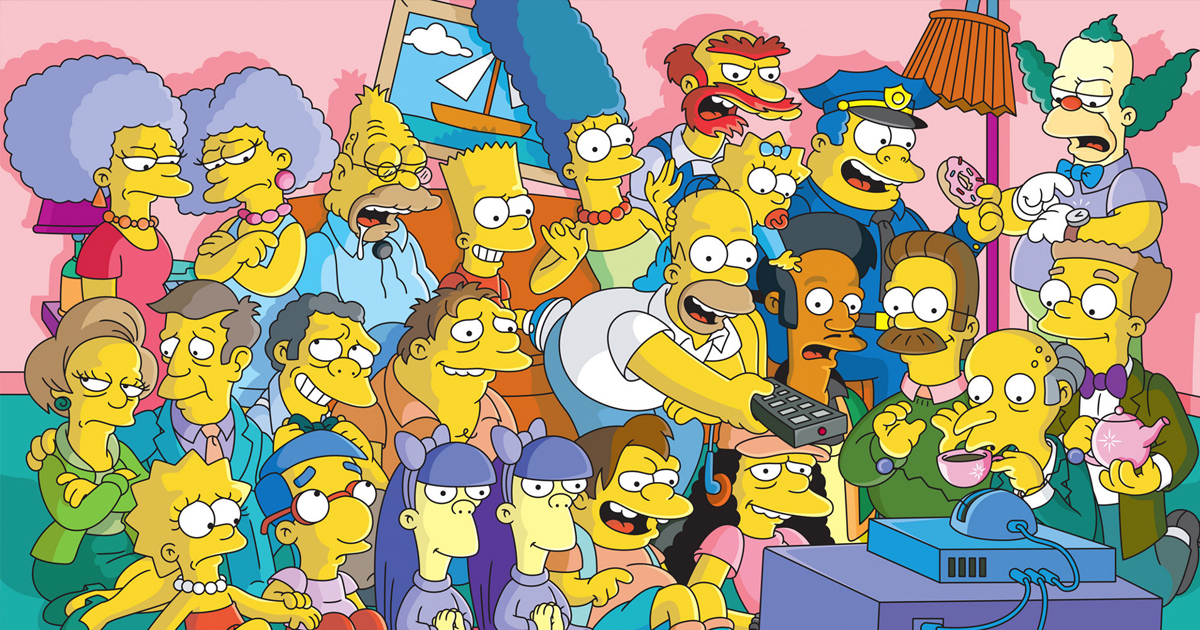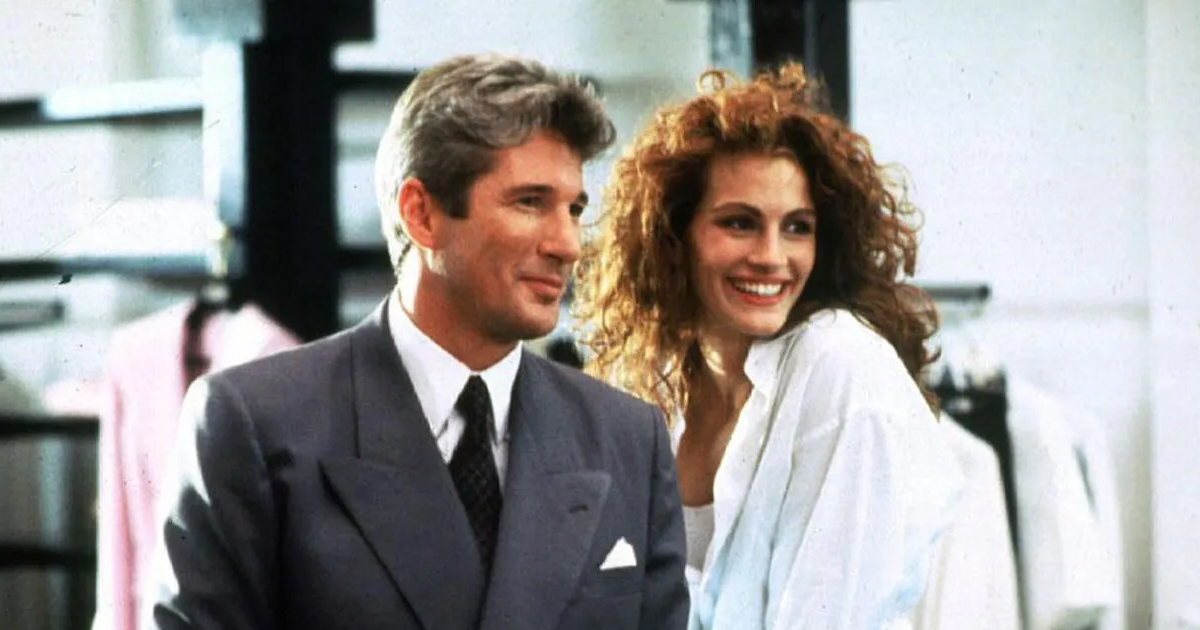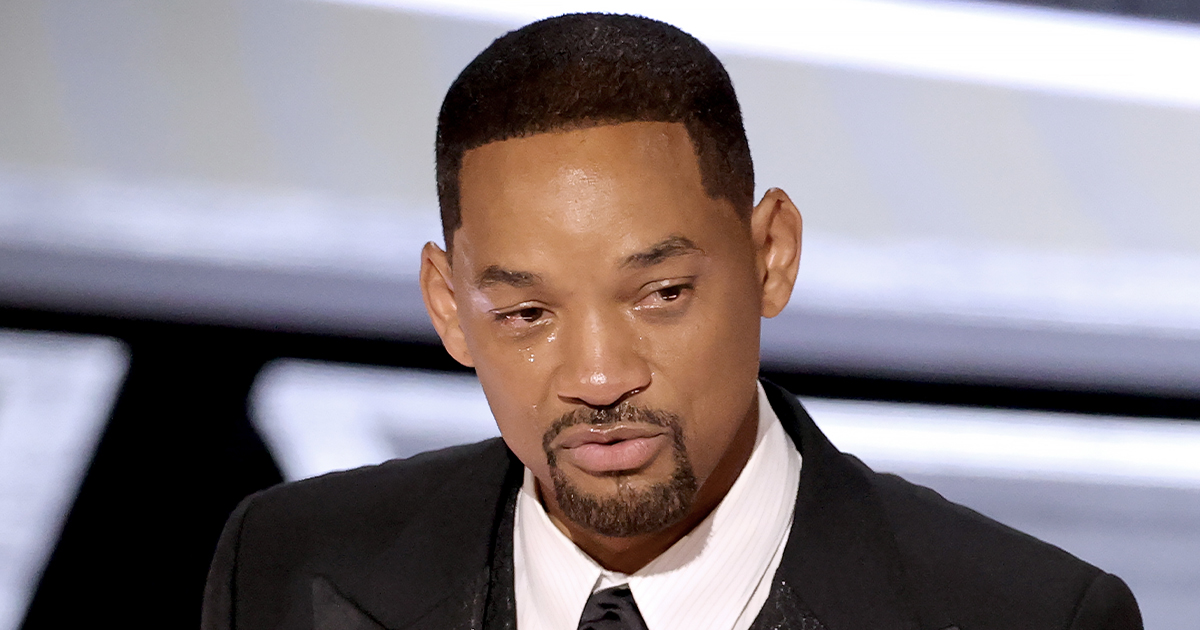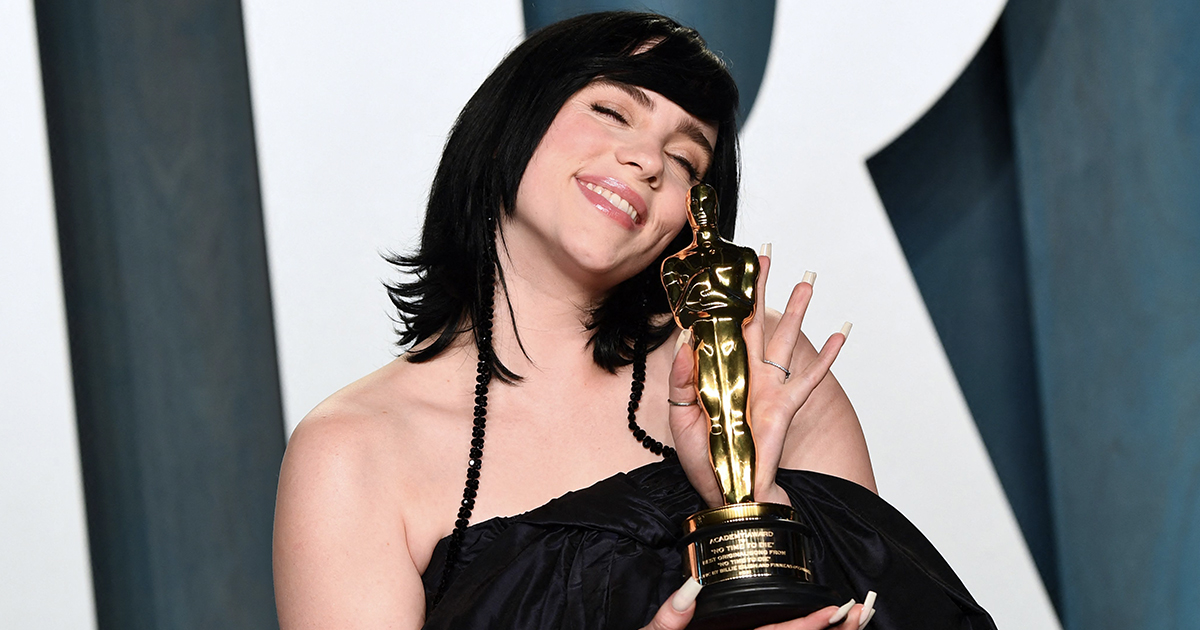Writers Built Worlds That Readers Obsess Over
Behind every unforgettable story is a writer who saw the world just a little differently. By rewriting history and exploring the depths of human feelings, authors' words have shaped the global consciousness for centuries.

William Shakespeare
Not just a playwright, Shakespeare reshaped the English language. Words like "bedroom" and phrases like "wild-goose chase" are his doing. His works have sold an estimated 2 to 4 billion copies worldwide. That puts him at the top of nearly every literary sales list despite writing over 400 years ago.
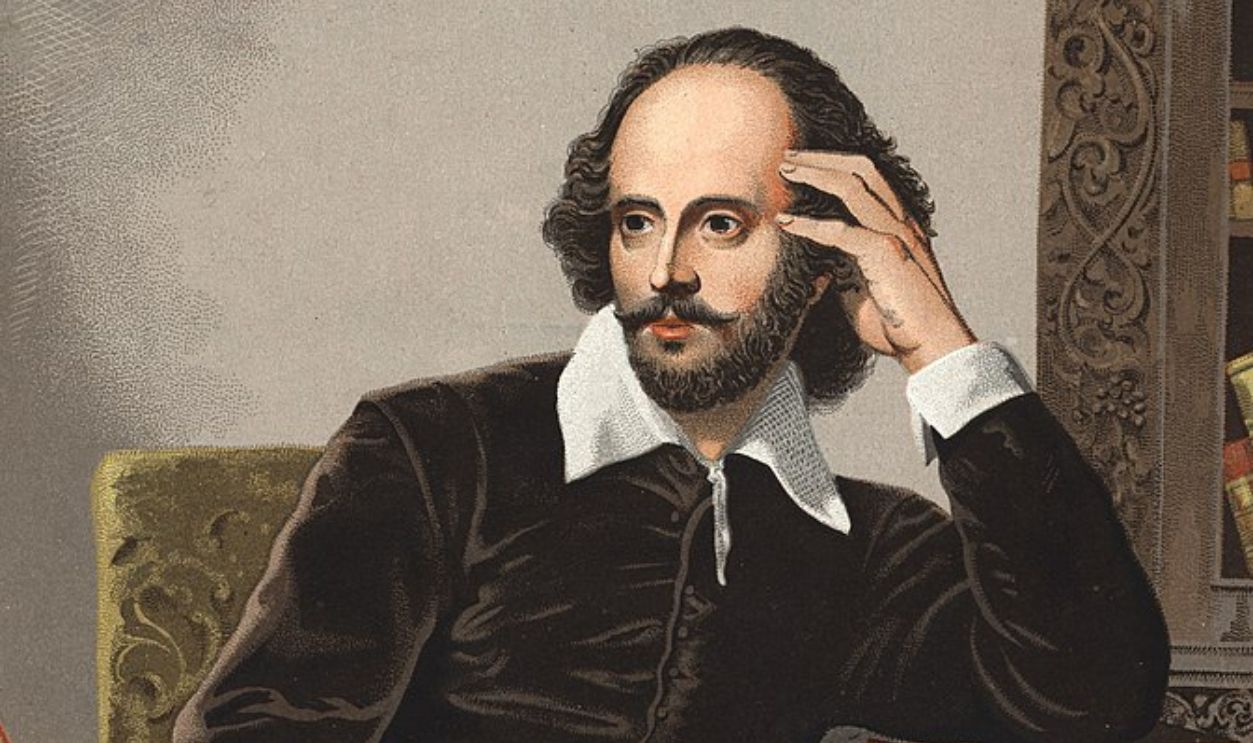 BatyrAshirbayev98, CC BY-SA 4.0, Wikimedia Commons
BatyrAshirbayev98, CC BY-SA 4.0, Wikimedia Commons
Charles Dickens
By giving his voice to the poor, the orphaned, Charles Dickens brought empathy to fiction. A Tale of Two Cities is his best-selling novel and he was one of the first authors to become a celebrity in his own lifetime by drawing huge crowds for his public readings.
 Jeremiah Gurney, Wikimedia Commons
Jeremiah Gurney, Wikimedia Commons
Stephen King
King doesn't shy from the supernatural, but his horror often starts in everyday places. Over 400 million of his books have sold globally, many adapted into films and series like The Shining. His storytelling blends psychological depth with a creeping dread that lingers.
Alexandre Dumas
Adventure, revenge, and swordfights—Alexandre Dumas knew how to keep readers hooked. Stories like The Count of Monte Cristo made him a legend, and he reportedly wrote with the help of collaborators to keep up with demand. His writings have been translated into more than 100 languages.
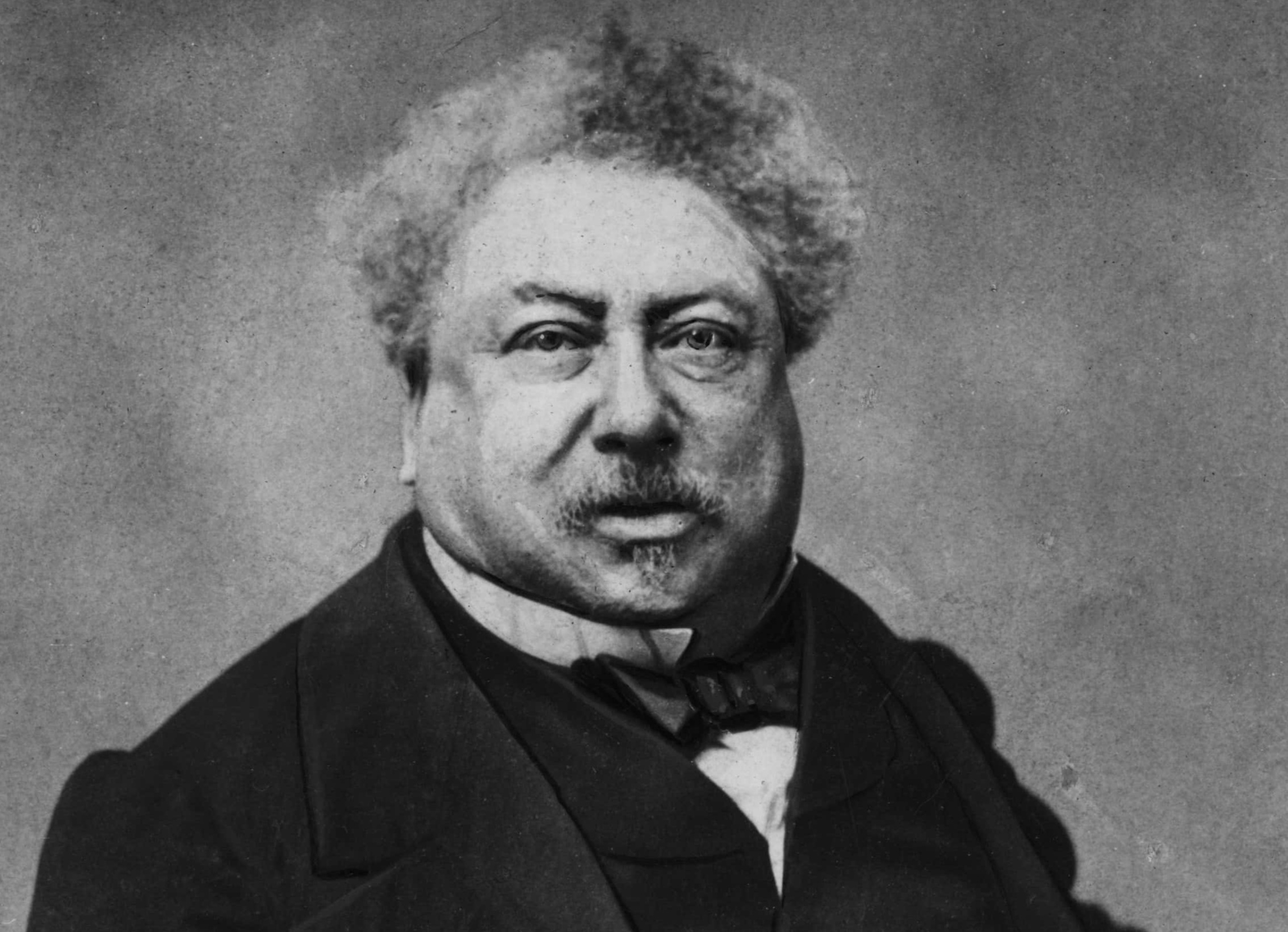 London Stereoscopic Company, Getty Images
London Stereoscopic Company, Getty Images
Leo Tolstoy
A Russian aristocrat turned social reformer, Tolstoy wrote with a clarity that cut through class lines. His novels aren't light reads, and War and Peace and Anna Karenina are widely regarded as masterpieces. Tolstoy's themes of free will and human suffering still resonate far beyond 19th-century Russia.
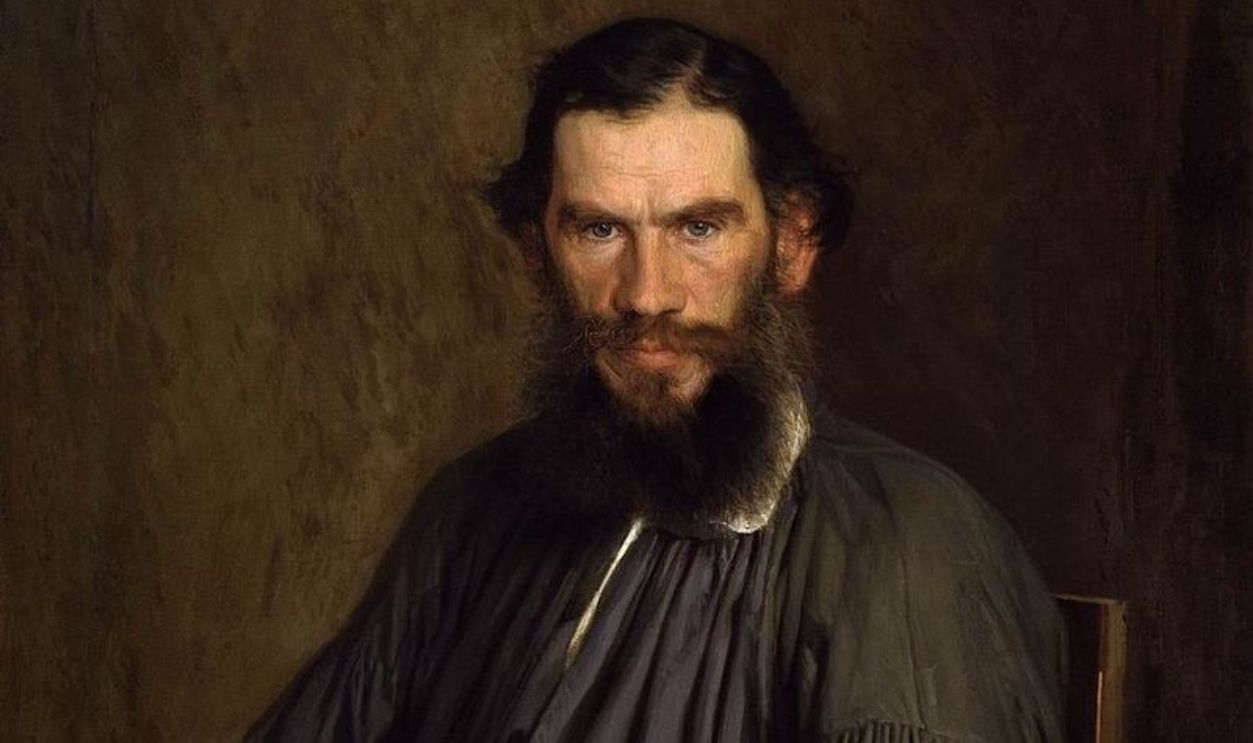 Ivan Kramskoi, Wikimedia Commons
Ivan Kramskoi, Wikimedia Commons
C S Lewis
Spiritual allegory met fantasy wonder in Lewis's Chronicles of Narnia. The series introduced readers to a world where lions talked and wardrobes led to adventure. He infused his writing with moral questions and although he's famous for children's classics, adults return to his books' deeper themes.
J R R Tolkien
Tolkien didn't invent fantasy, but he gave it a map, a language, and a legend. The Hobbit and The Lord of the Rings saga have sold over 250 million copies combined, inspiring generations of writers and artists. A philologist by trade, he constructed Elvish dialects and mythologies with academic precision.
Gabriel Garcia Marquez
When One Hundred Years of Solitude hit bookshelves, it redefined what a novel could be. Gabriel Garcia Marquez earned the Nobel Prize in Literature in 1982, praised for weaving magical realism into Latin America's social world. With more than 50 million copies sold, his stories continue to influence writers.
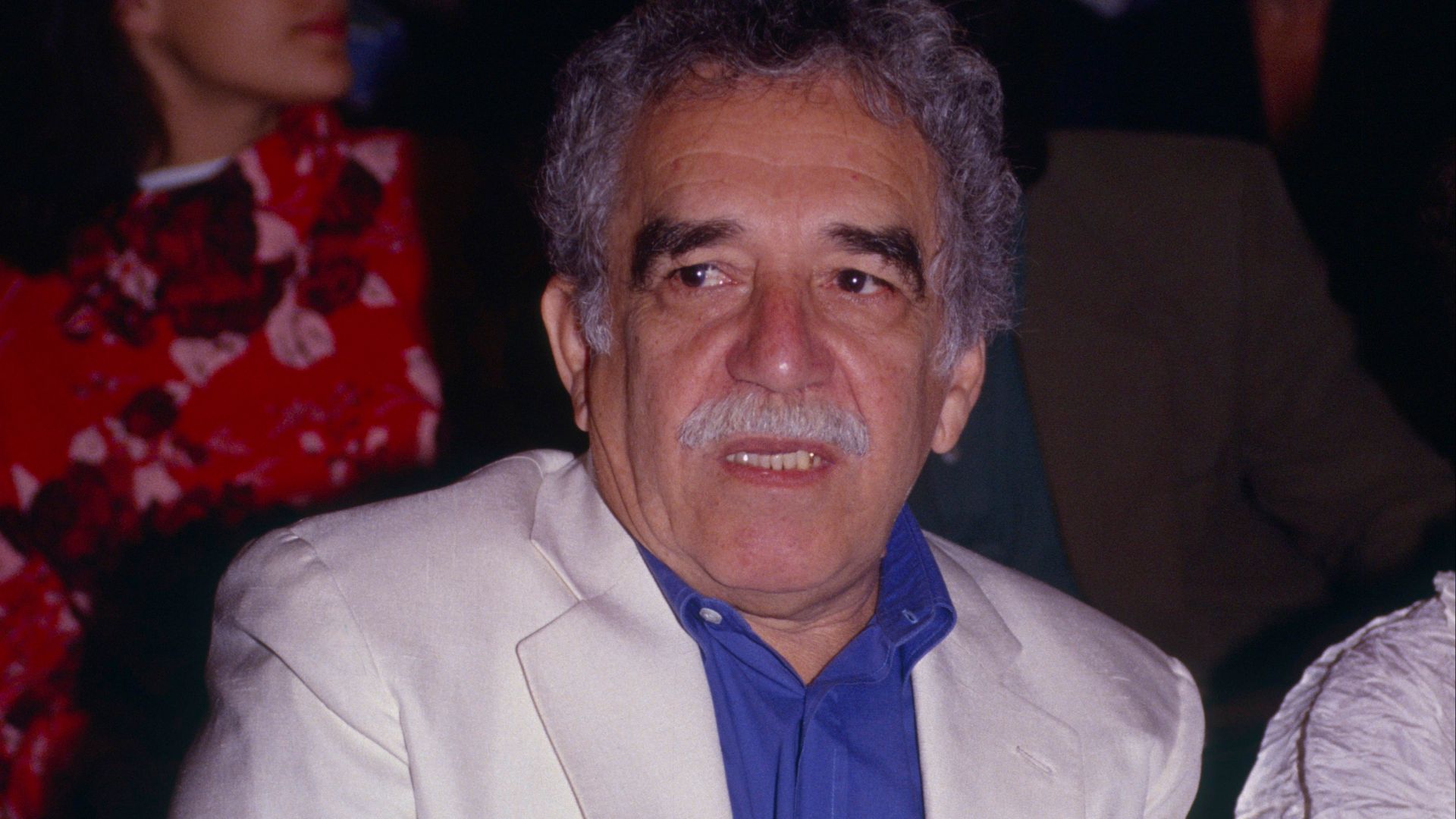 Gorup de Besanez, Wikimedia Commons
Gorup de Besanez, Wikimedia Commons
J K Rowling
Magic wasn't just on the page—it was in the numbers. The Harry Potter series has been translated into more than 85 languages, with over 600 million copies sold. What began as scribbles on a napkin in an Edinburgh cafe became a cultural juggernaut.
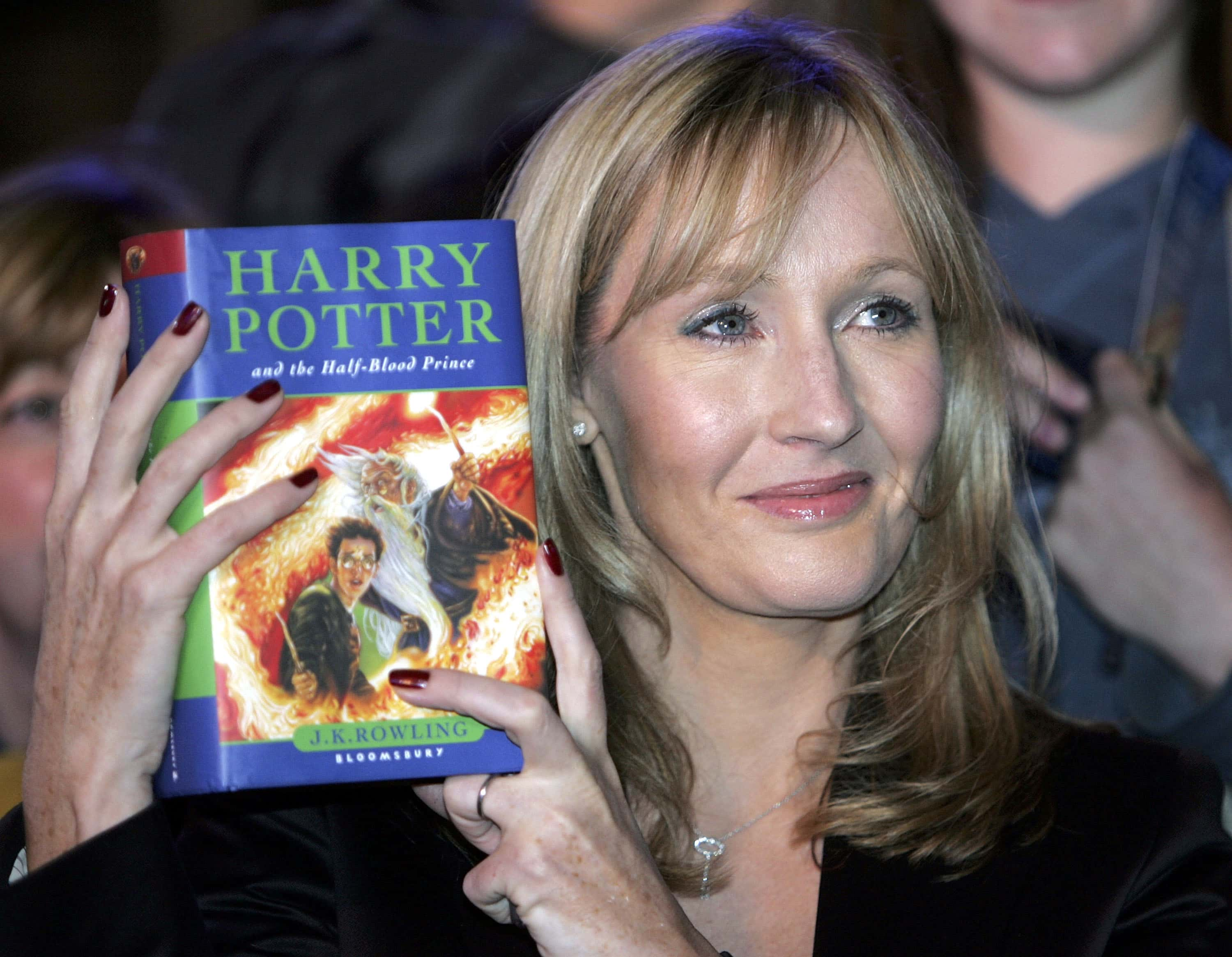 Christopher Furlong, Getty Images
Christopher Furlong, Getty Images
Victor Hugo
Victor Hugo did more than write novels. He was also a political activist and fierce critic of injustice. Creations like The Hunchback of Notre Dame remain towering achievements in literature. His work is emotionally sweeping and socially conscious. Hugo's funeral drew over two million mourners through the streets of Paris.
 Étienne Carjat, Wikimedia Commons
Étienne Carjat, Wikimedia Commons
Ernest Hemingway
Short sentences. Long legacy. Hemingway's style reshaped 20th-century literature with its sharp minimalism and emotional undercurrents. In 1954, The Old Man and the Sea, a novella that remains a fixture in schools, earned him the Nobel Prize. Other works like A Farewell to Arms cemented his place.
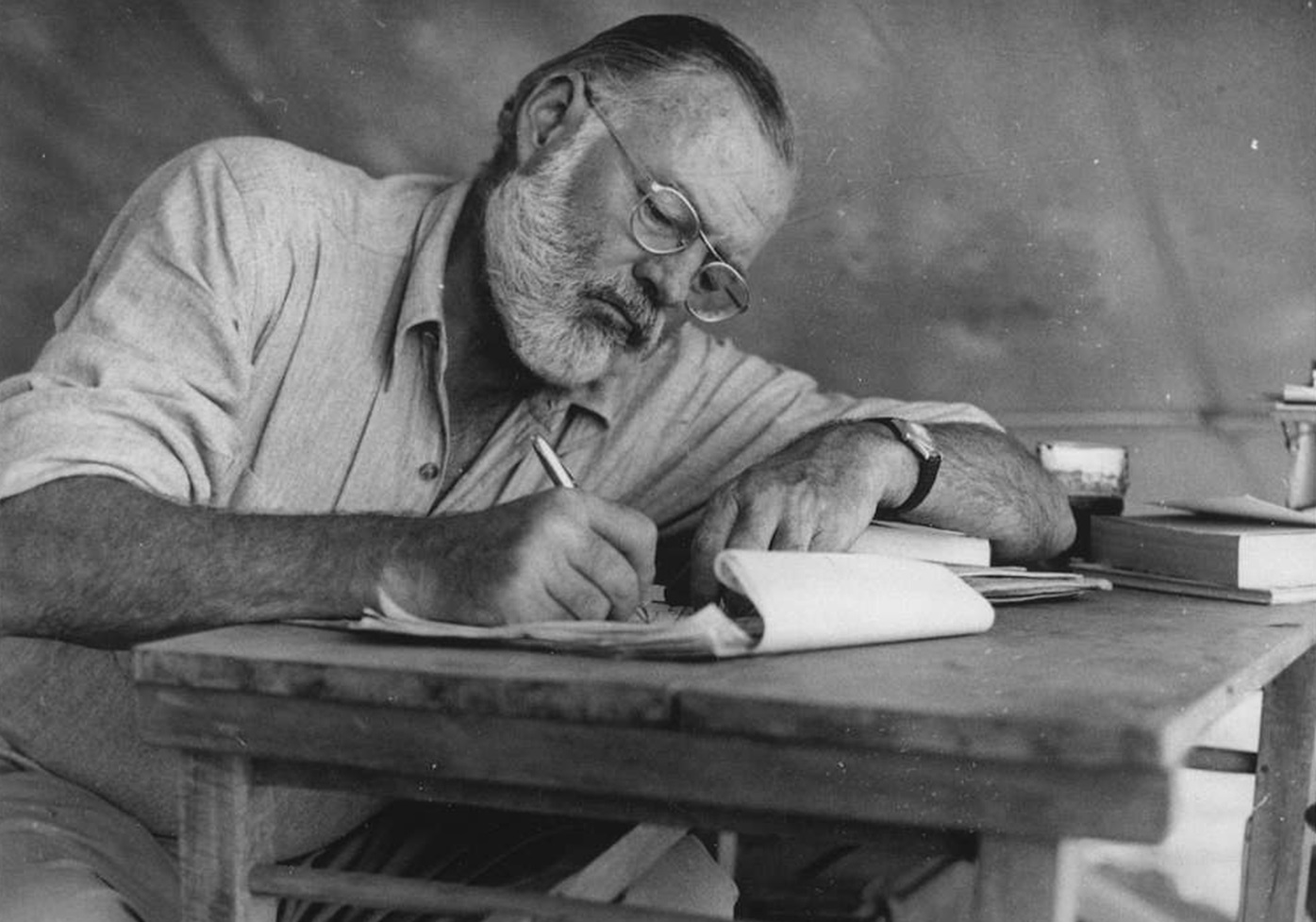 National Archives and Records Administration, Picryl
National Archives and Records Administration, Picryl
Isaac Asimov
Robots and galactic empires made Asimov a titan of science fiction. His Foundation series and Robot stories helped define the genre's golden age. He authored or edited more than 500 books across science and fiction. Asimov's Three Laws of Robotics remain foundational in sci-fi and even AI ethics.
Agatha Christie
No other crime writer has sold more books. With over 2 billion copies in print, Agatha Christie's knack for crafting airtight plots earned her the title Queen of Crime. What set her apart wasn't just the whodunit but the how-did-she-do-it. Christie's stories hinge on twists and quiet clues.
Georges Simenon
Few writers matched Simenon's sheer productivity. The Belgian novelist penned over 400 books, with more than 75 featuring his most famous character, Inspector Maigret. Simenon sold more than 500 million copies worldwide, and his lean style kept readers turning pages. While many detective writers focus on the plot, Simenon emphasizes character.
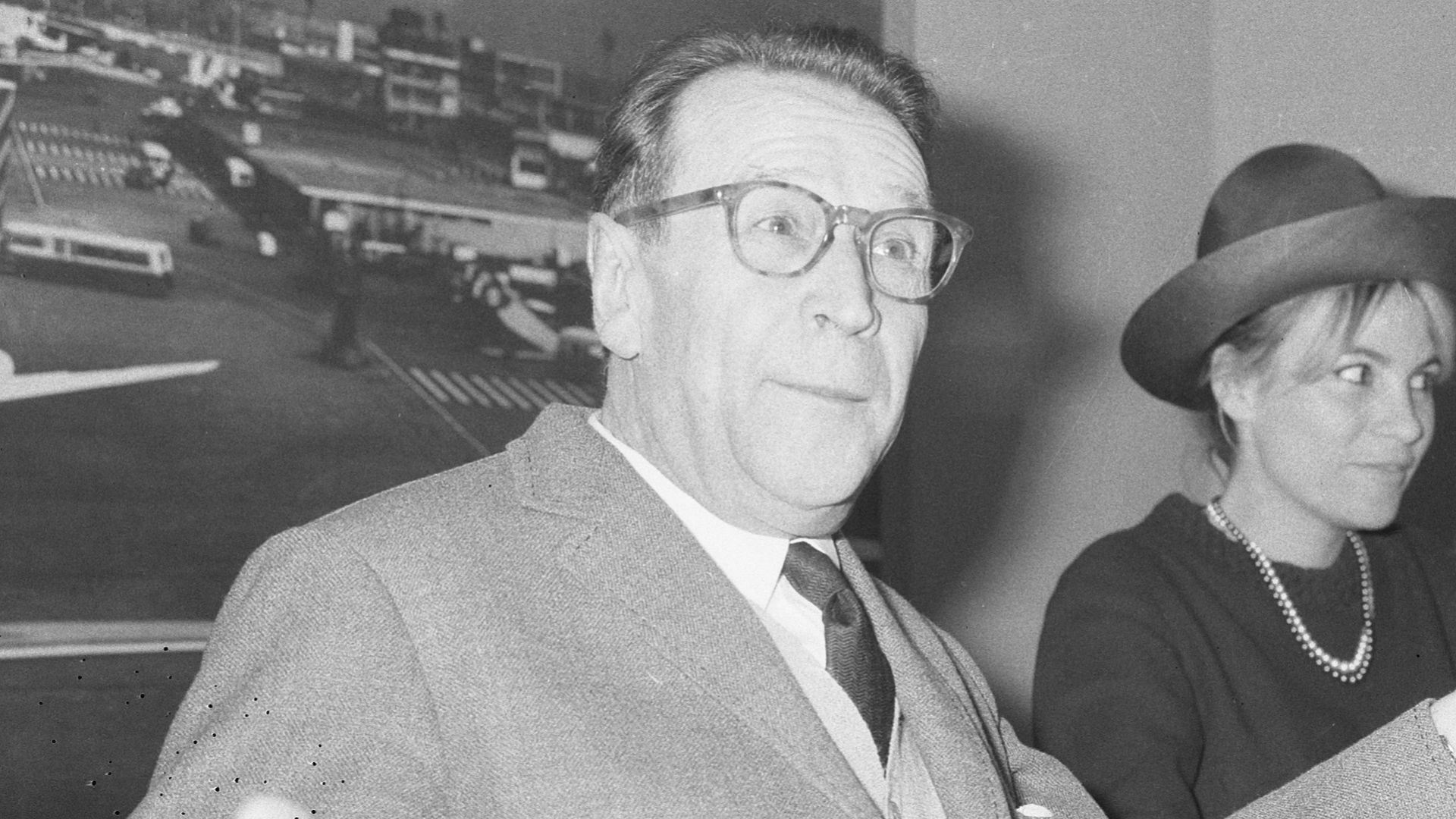 Jack de Nijs for Anefo / Anefo, Wikimedia Commons
Jack de Nijs for Anefo / Anefo, Wikimedia Commons
Beatrix Potter
A rabbit in a blue coat made her famous, but Beatrix Potter was more than a children's author. Her illustrated tales, led by The Tale of Peter Rabbit, sold over 250 million copies. Potter self-published her first book after facing rejection. She became a conservationist whose legacy extends beyond literature.
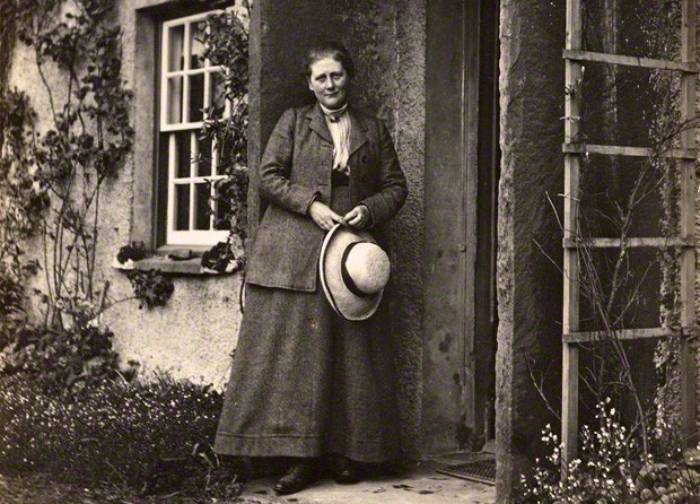 Charles G.Y. King (1854-1937), Wikimedia Commons
Charles G.Y. King (1854-1937), Wikimedia Commons
James Patterson
It's rare to find a bookstore without a Patterson title. Known for his rapid-fire pacing and short chapters, Patterson often outsells entire publishing houses with more than 400 million books. He co-writes many of his novels, which makes him a brand as much as an author.
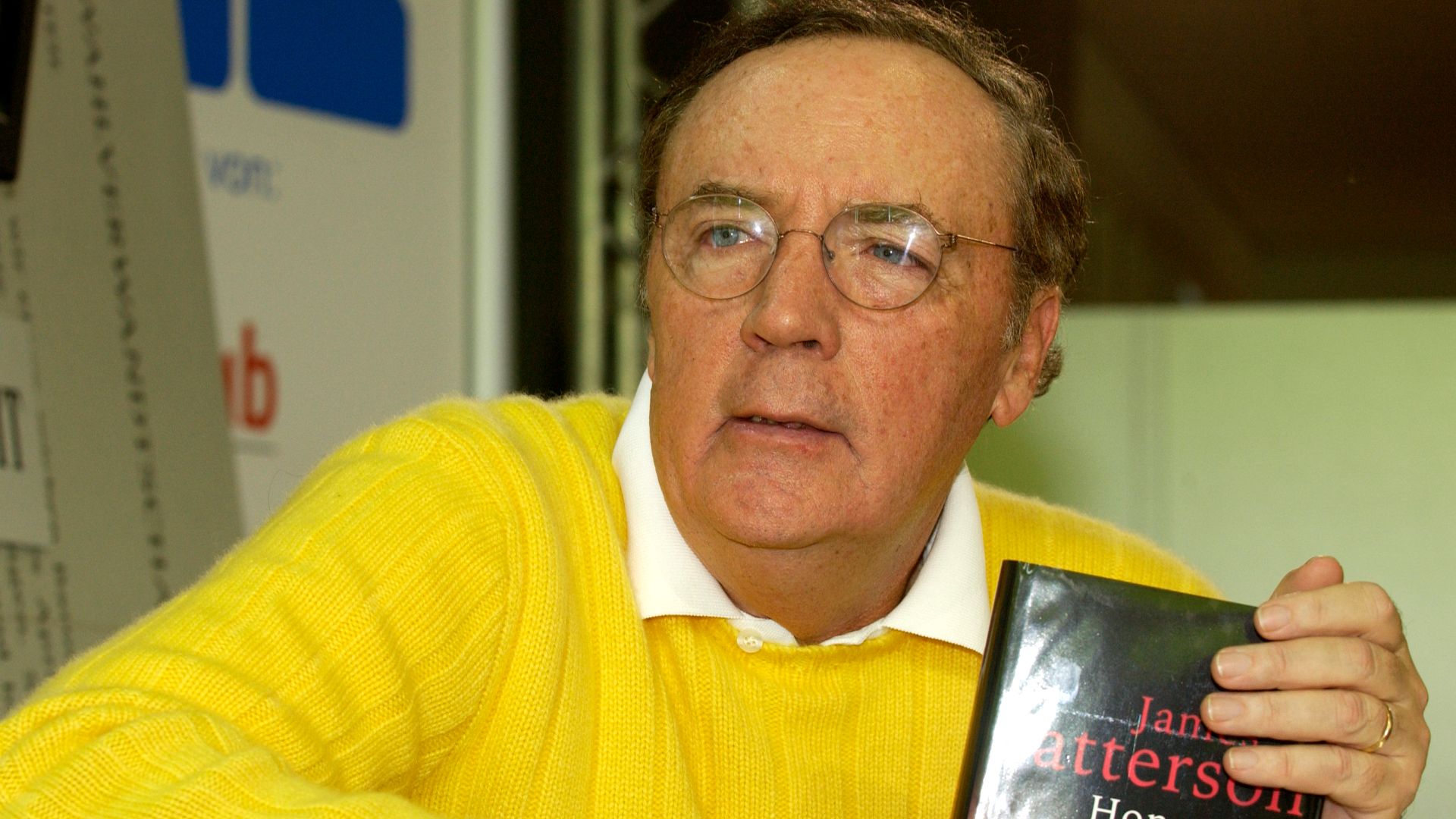 Blaues Sofa, Wikimedia Commons
Blaues Sofa, Wikimedia Commons
Dan Brown
Conspiracy theories and religious intrigue—that's the Dan Brown formula. He became a household name with The Da Vinci Code and Angels and Demons. His Robert Langdon series sparked debate and devotion. Brown's books have been translated into dozens of languages and adapted into films starring Tom Hanks.
Danielle Steel
Few authors match Danielle Steel's output or discipline. Writing on a manual typewriter, she often juggles multiple novels at once. Her stories resonate with readers seeking emotional truths. She's sold 1 billion copies, which makes her one of the best-selling fiction authors ever.
 Danielle Steel talks new novel, 'Only the Brave' by Good Morning America
Danielle Steel talks new novel, 'Only the Brave' by Good Morning America
Paulo Coelho
The Alchemist is a modern fable that crosses borders and belief systems. Paulo Coelho's masterpiece has sold over 150 million copies and has been translated into more than 80 languages, making it one of the most translated books by a living author. A spiritual seeker, Coelho writes with symbolic power.
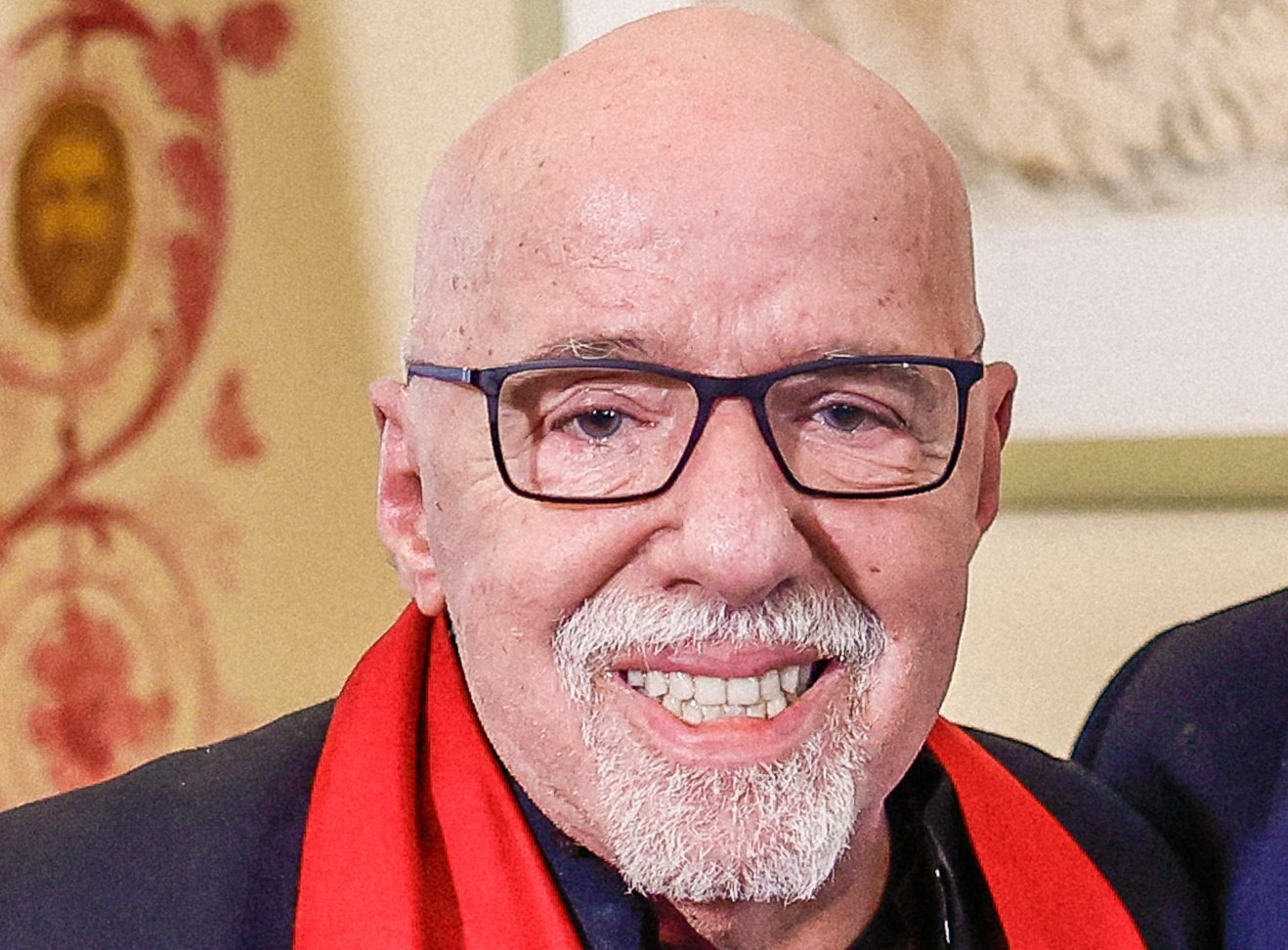 Lula Oficial, CC BY-SA 2.0, Wikimedia Commons
Lula Oficial, CC BY-SA 2.0, Wikimedia Commons
Dean Koontz
Dean Koontz carved out a unique niche between horror and thriller by mixing suspense and the supernatural. He's one of the most commercially successful authors alive, with over 450 million copies sold. While often compared to Stephen King, Koontz keeps his prose tighter and more sentimental.
 Q & A with Dean Koontz by LiveTalksLA
Q & A with Dean Koontz by LiveTalksLA
Louis L'Amour
Despite shifts in literary tastes, L'Amour's influence endures. He turned the Western into a bestselling genre and sold over 330 million books. This makes him one of the most-read Western writers. L'Amour's stories featured rugged individualists, always with a strong moral compass. Many were adapted into John Wayne's movies.
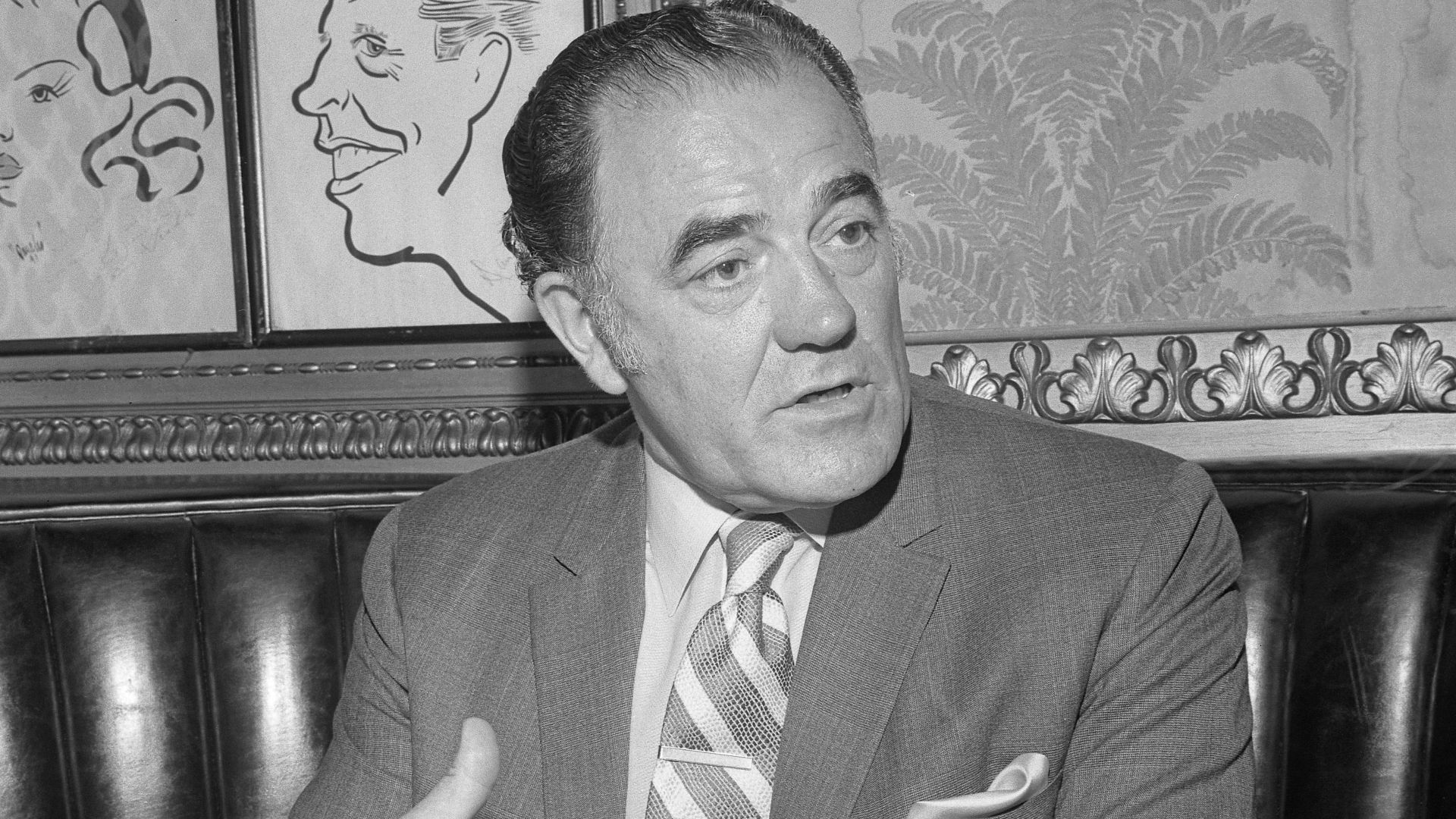 Thomas J. Kravitz, Los Angeles Times, Wikimedia Commons
Thomas J. Kravitz, Los Angeles Times, Wikimedia Commons
Erle Stanley Gardner
Best known for creating Perry Mason, Gardner dominated the legal mystery scene long before Grisham. He published more than 80 Perry Mason novels, selling over 300 million books in total. A practicing lawyer turned full-time writer, Gardner infused his stories with courtroom drama and procedural authenticity.
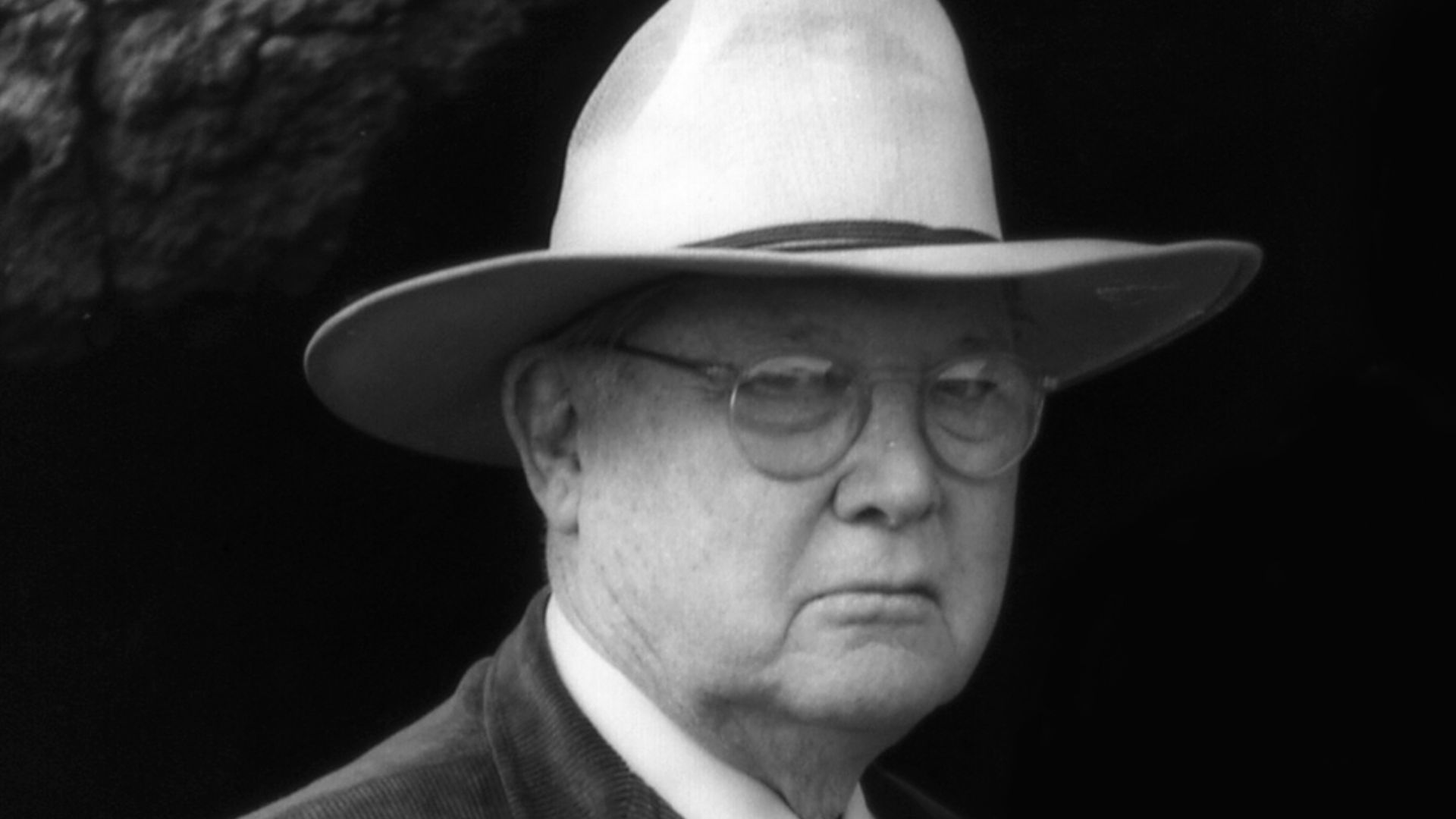 John Atherton, Wikimedia Commons
John Atherton, Wikimedia Commons
Gilbert Patten
Before superheroes and blockbuster franchises, American kids had Frank Merriwell. Gilbert Patten, under the pen name Burt L Standish, created the character in the late 19th century. Merriwell was the original all-American athlete—honest, brave, and always victorious. Patten's stories ran for decades and shaped early American pop fiction.
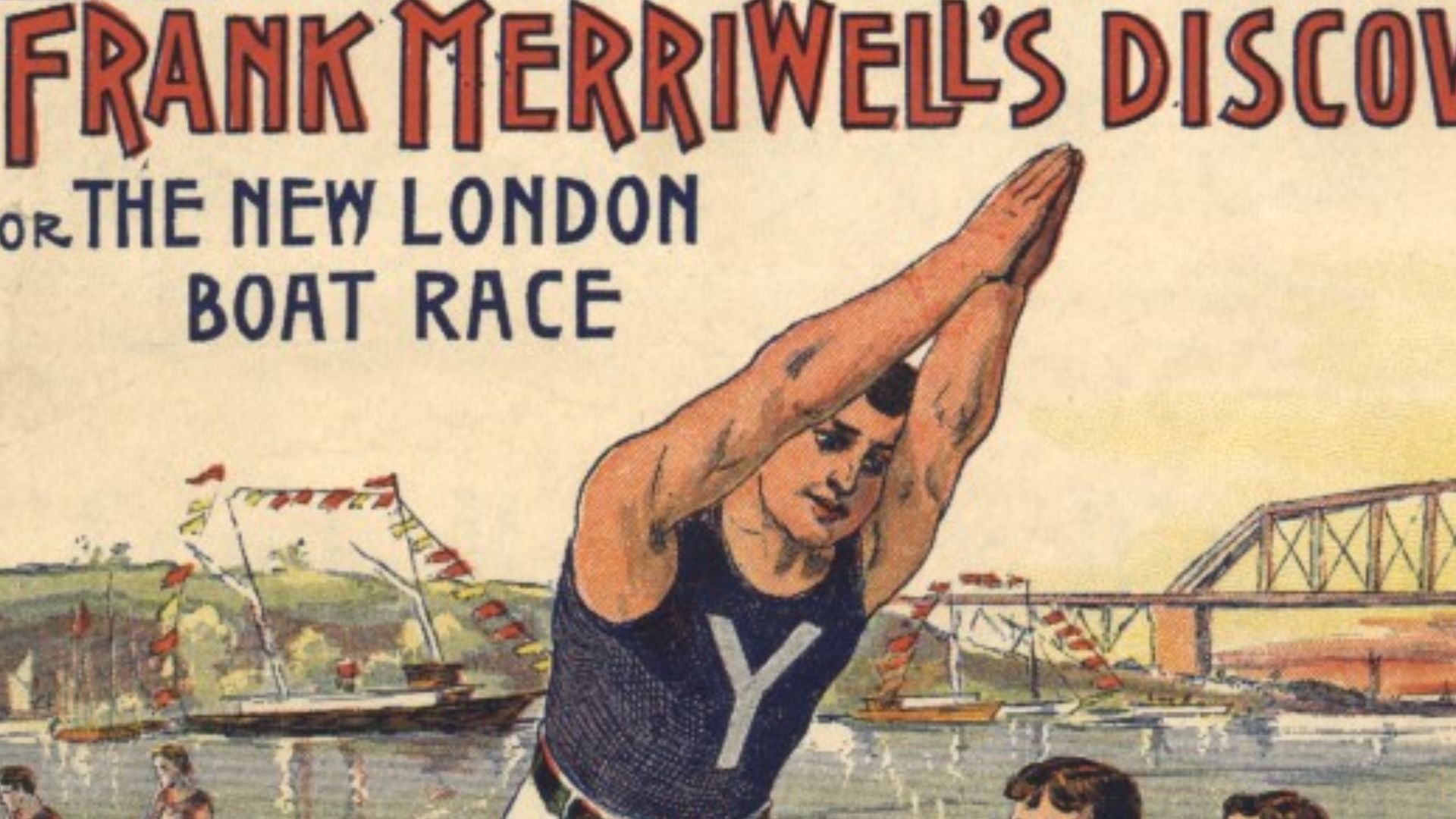 Gilbert Patten, Wikimedia Commons
Gilbert Patten, Wikimedia Commons
George Orwell
Few writers coined terms that entered everyday speech. George Orwell did this with Big Brother and Thoughtcrime. His novels 1984 and Animal Farm have sold over 50 million copies combined and continue to top required reading lists worldwide. Even decades later, headlines still reference "Orwellian" ideas.
Corin Tellado
Although she's not that well known in the US, Corin Tellado was the voice of love in the Spanish-speaking world for decades. Tellado's career began in the 1940s, and her romance novellas sold more than 400 million copies. Over 60 years, she produced over 4,000 titles that captured emotional tension and societal taboos.
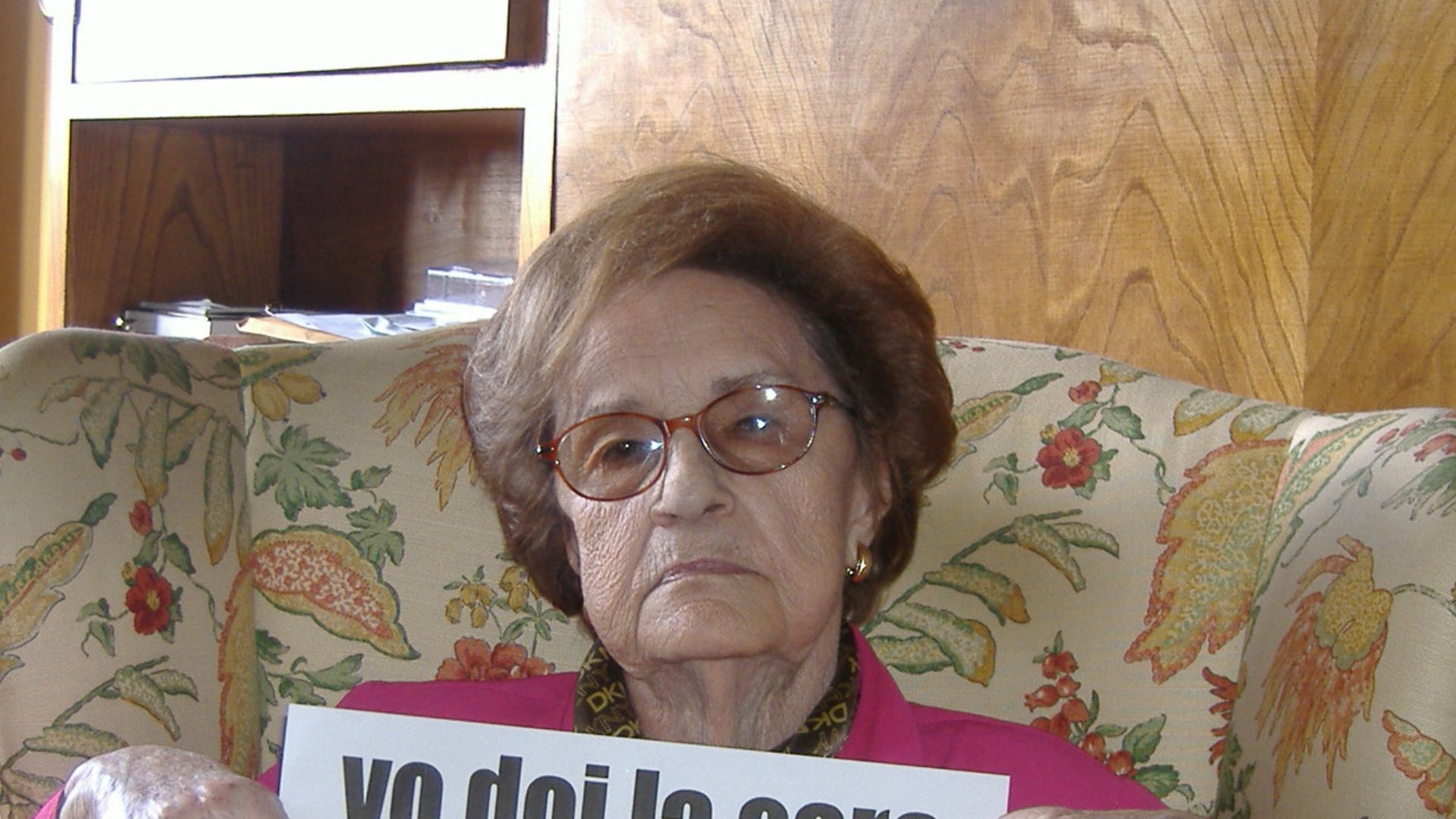 doilacara.net, Wikimedia Commons
doilacara.net, Wikimedia Commons
Barbara Taylor Bradford
Bradford's breakout novel, A Woman of Substance, launched a career that would span decades and generate over 90 million book sales. Her stories often feature ambitious, resilient women. Barbara Taylor Bradford's work sits at the intersection of charm and grit with plush settings and heroines who won't back down.
Mark Twain
Born Samuel Clemens, Mark Twain became the first truly American author to gain global fame. Tom Sawyer and Huckleberry Finn's adventures are classics that shaped US literature, with Twain's social commentary still resonating. His estimated book sales exceed 75 million copies, though their cultural weight far exceeds the numbers.
Suzanne Collins
The Hunger Games didn't just top bestseller lists as it launched a global phenomenon. Suzanne Collins combined dystopian themes with young adult drama to sell over 100 million copies worldwide. Her trilogy tapped into deep anxieties about surveillance and rebellion, all through the eyes of a teen heroine.
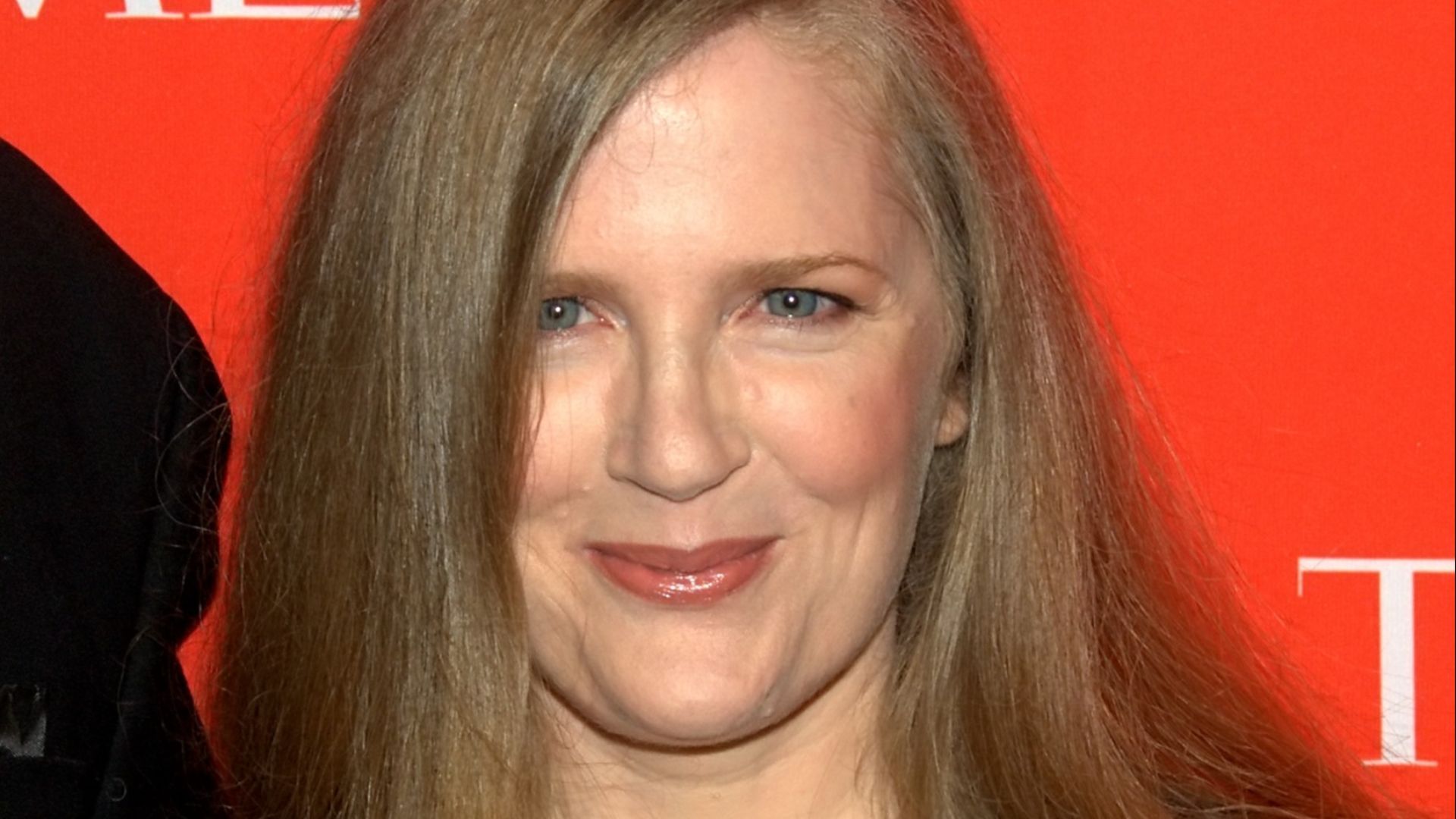 David Shankbone, Wikimedia Commons
David Shankbone, Wikimedia Commons
Rick Riordan
Inspired by bedtime stories for his son, Rick Riordan's journey from middle school teacher to mythology maestro began. Those tales became Percy Jackson and the Olympians, a series that's sold over 180 million copies. Riordan reimagined mythological creatures as part of the modern world with humor and relatable teenage struggles.
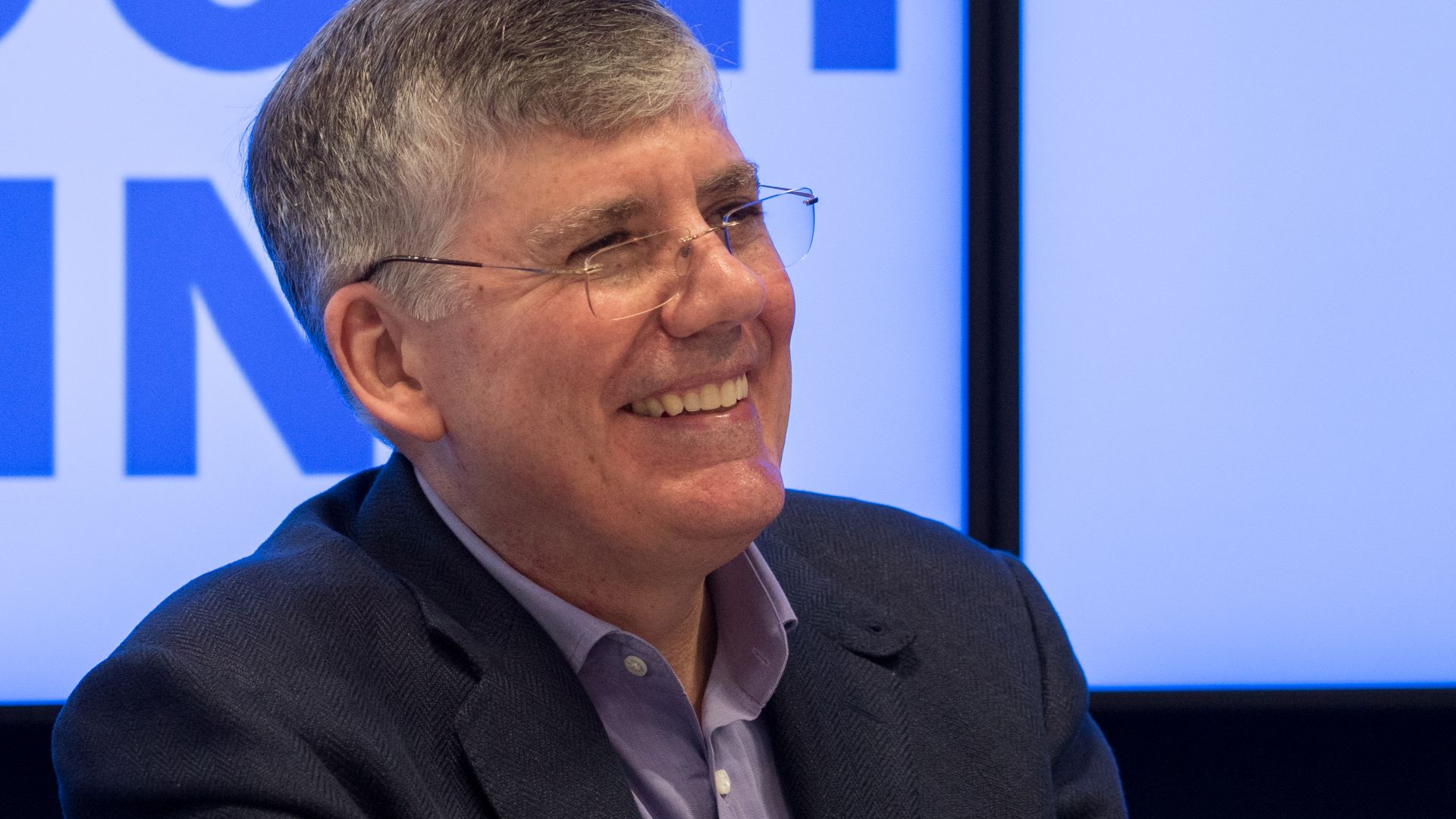 Rhododendrites, Wikimedia Commons
Rhododendrites, Wikimedia Commons
L Ron Hubbard
Controversial yet undeniably prolific, L Ron Hubbard penned Battlefield Earth, and hundreds of science fiction works before founding Scientology. His fiction catalog includes over 250 titles, although critics questioned his literary merit. Yet, readers kept buying, particularly through bulk sales by religious organizations.
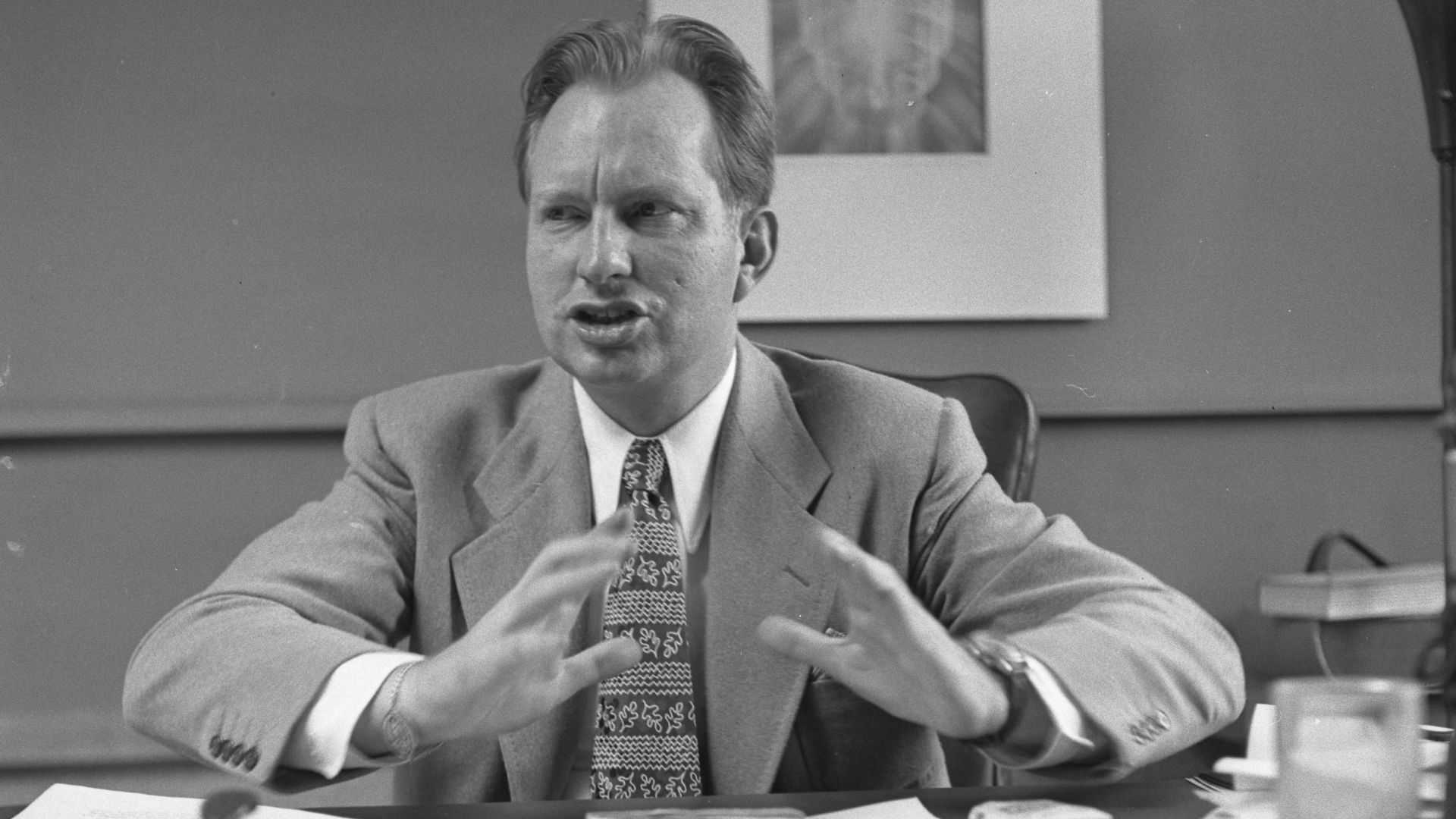 Los Angeles Daily News, Wikimedia Commons
Los Angeles Daily News, Wikimedia Commons
Rupi Kaur
Spare verse and evocative illustrations allowed Rupi Kaur to change Instagram poetry into a publishing powerhouse. Her debut, Milk and Honey, sold over 3 million copies and stayed on bestseller lists for years. Kaur's themes of love and femininity resonated with younger readers drawn to minimalist, emotionally raw writing.
 Baljit Singh, Wikimedia Commons
Baljit Singh, Wikimedia Commons
Colleen Hoover
No recent author has exploded quite like Colleen Hoover. Her self-published romance novels, particularly It Ends with Us, found viral success on TikTok, leading to over 20 million books sold. Hoover's stories turn heartbreak into cliffhangers. Thanks to a massive engagement, Hoover's rise reflects a new kind of author fame.
 Colleen Hoover shares how she accidentally became a best-selling author by TODAY
Colleen Hoover shares how she accidentally became a best-selling author by TODAY
Naguib Mahfouz
Winning the Nobel Prize in 1988, Naguib Mahfouz remains the most famous Arabic novelist in the world. His Cairo Trilogy masterfully depicted 20th-century Egyptian life with layered characters and political nuance. Over 50 of his novels and screenplays have been translated into more than 30 languages.
John Grisham
Before writing legal thrillers, Grisham practiced law in Mississippi. That real-world experience seeps into every courtroom scene in The Firm, A Time to Kill, and dozens more. He's sold between 100 and 250 million books, with a release almost every year. Grisham makes complex legal battles gripping for general readers.
Barbara Cartland
Reportedly writing up to 20 books a year, Barbara Cartland defined a generation of romantic escapism with pink covers and ruffled dresses. Her total sales hover between 500 million and 1 billion copies. Cartland's formula rarely changed: innocent heroines, honorable heroes, love declarations, and swift resolutions.
Roald Dahl
As a former fighter pilot turned author, Dahl kept his stories playful yet sly while not sugarcoating childhood. His signature was whimsy laced with menace. Books like Charlie and the Chocolate Factory have been translated into more than 65 languages and sold millions of copies.
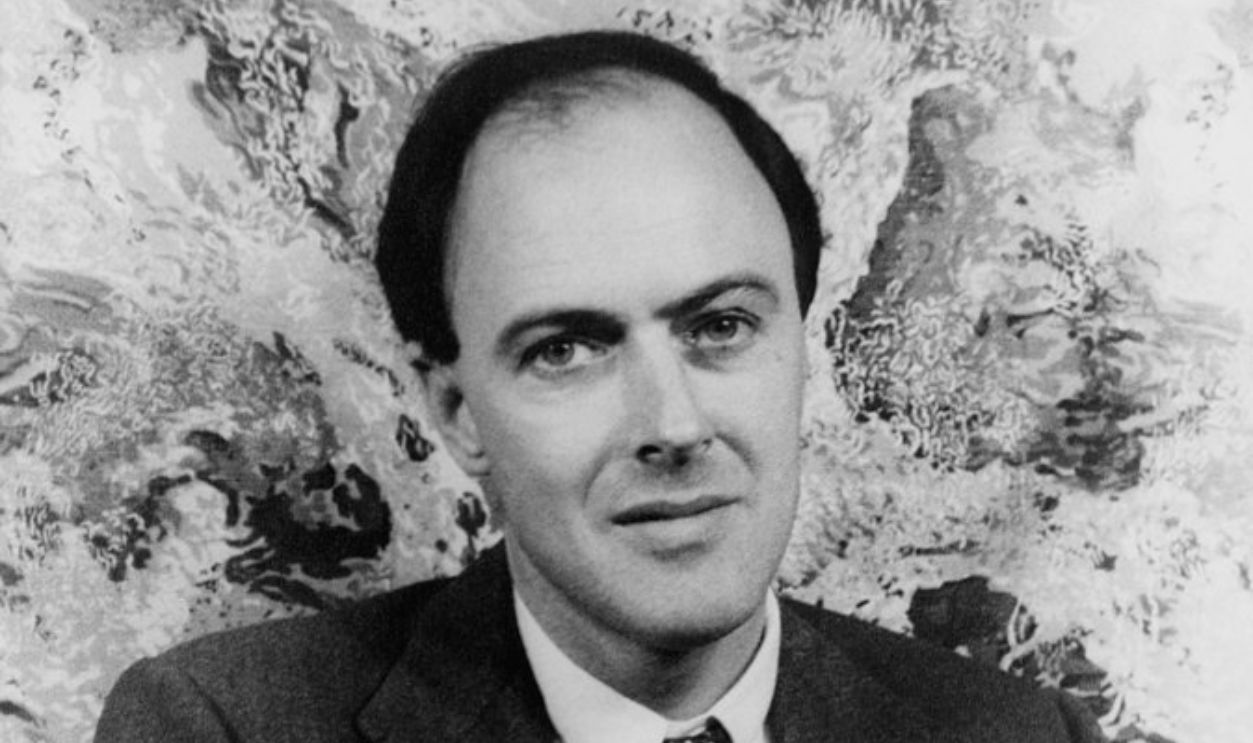 Carl Van Vechten, Wikimedia Commons
Carl Van Vechten, Wikimedia Commons
Andy Weir
What started on a personal blog became a Hollywood hit. Andy Weir's The Martian was first serialized online, then self-published as an eBook. Readers loved its nerdy, problem-solving vibe, and traditional publishers quickly took notice. The novel sold millions and was adapted into an Oscar-nominated film starring Matt Damon.
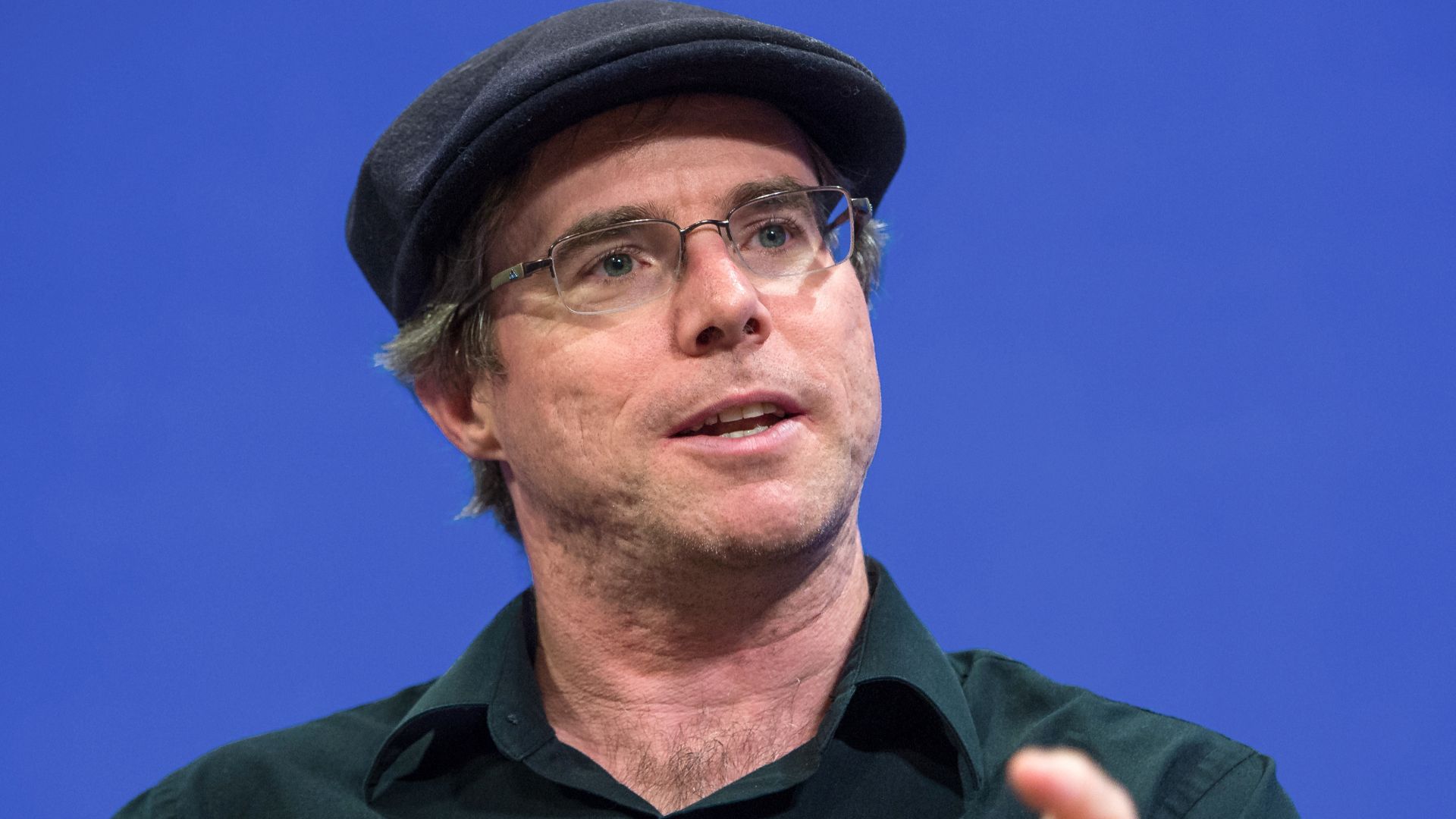 Bill Ingalls, Wikimedia Commons
Bill Ingalls, Wikimedia Commons
Nora Roberts
Roberts doesn't just write romance; she dominates it. Known for strong female leads and small-town magic, she also writes suspense under the pseudonym J D Robb. Her dedication is serious: she writes daily and releases multiple books each year. Critics praise her for balancing relatable characters and compelling plots.
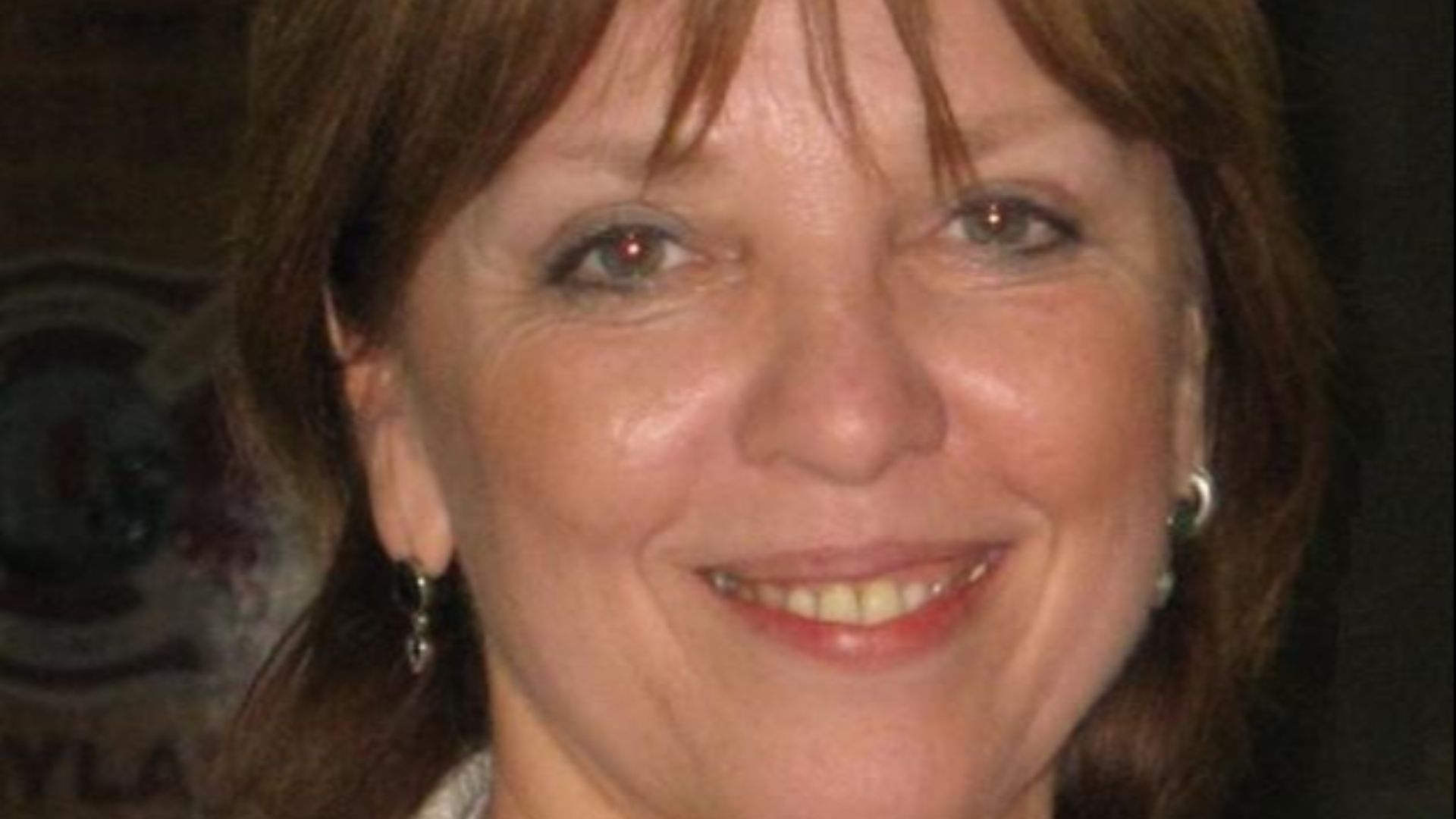 Devillibrarian, puis modifiee par Guil2027, Wikimedia Commons
Devillibrarian, puis modifiee par Guil2027, Wikimedia Commons
Jackie Collins
Jackie Collins gave readers a peek into Hollywood's glossy underbelly with her focus on glitz and gossip. Her novels, often inspired by real celebrities, sold more than 400 million copies worldwide. Titles like Hollywood Wives and Lucky mixed soap opera drama and sharp social observations.
Sidney Sheldon
He started in television, winning an Oscar before penning novels that sold over 370 million copies. Sheldon's books, like If Tomorrow Comes, offered suspense in a cinematic flair. Sheldon once said he wanted readers to lose sleep over his books, and judging by the numbers, many happily did.
 Sidney Sheldon on writing novels - TelevisionAcademy.com/Interviews by FoundationINTERVIEWS
Sidney Sheldon on writing novels - TelevisionAcademy.com/Interviews by FoundationINTERVIEWS
Enid Blyton
Adventure was her specialty, and children couldn't get enough. Enid Blyton wrote over 600 books and sold an estimated 600 million copies. Her Famous Five and Secret Seven series fueled imaginations for decades, particularly in postwar Britain. Critics dismissed her simple prose, but readers adored her brisk pacing and cliffhangers.
 Enid Blyton Stories - Her Famous Adventures by History Roadshow
Enid Blyton Stories - Her Famous Adventures by History Roadshow
Dr Seuss
Dr Seuss revolutionized children's literature with rhymes and a flair for the absurd. His books, including Green Eggs and Ham, have sold over 500 million copies. Seuss's invented language invited young readers to explore their imaginations without boundaries.
R L Stine
Before kids had Stranger Things, they had Goosebumps. R L Stine turned spooky stories into a publishing empire. He mastered the balance between creepy and kid-friendly by making fear thrilling but never scarring. His formula was simple: mild horror and twist endings.
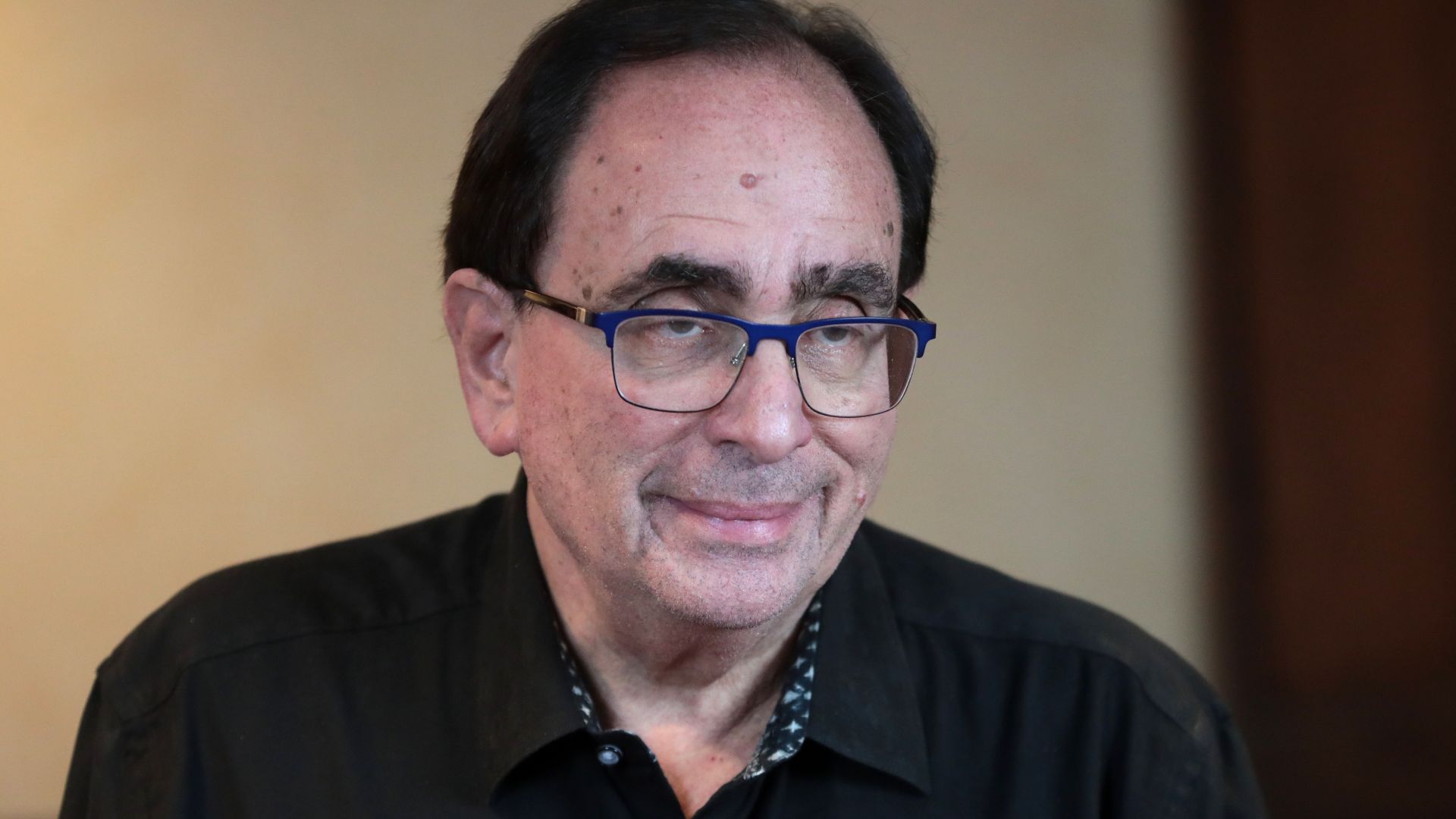 Gage Skidmore from Peoria, AZ, United States of America, Wikimedia Commons
Gage Skidmore from Peoria, AZ, United States of America, Wikimedia Commons
Franz Kafka
Kafka didn't write for fame, and much of his work was published posthumously. But today, his name defines a whole genre of thought—Kafkaesque. Stories like The Metamorphosis and The Trial explored alienation and existential dread with eerie foresight. Though his lifetime readership was limited, his influence grew steadily.


